As we finish the term we come to the significant events of Holy week. These events, culminating with the celebration of the Resurrection of Jesus, are at the centre of our Christian faith.
Before his capture, on the Thursday night, Jesus had a last meal with his Disciples. During the course of the evening he washed their feet. The washing of feet before a meal was a common practice in first century Palestine. People wore sandals in desert conditions and so feet would get dirty. When they sat to eat, they usually sat on the floor and shared a meal from a common bowl. Feet, therefore, needed to be washed as they were in very close proximity to hands and food. Nevertheless, feet were more than just washed. As walking was the principal mode of transport and sandals were not the most comfortable, it was common to have sore and aching feet.
It was, therefore, a common practice to have, strategically placed along major roads, places where people could get their feet attended to. They were washed, massaged and ultimately restored so that people would be in a better position to continue their journeys. What would have been unusual for the disciples on this night was that Jesus was the one attending to their feet. Traditionally, this service was performed by servants or slaves. Jesus was in fact teaching them a lesson, that just as his purpose was to serve others, then once he was gone, their purpose also, was to serve others.
There may have been, however, more to it than just this.
At this meal, Jesus instigated for us the Eucharist. The meal of everlasting life. He taught us that when we gather we should remember him and learn from his teachings and actions. When we receive the Eucharist, we are in fact saying that we believe in the eternal life of Jesus and wish it also for ourselves. He is the bread from heaven and will nourish us eternally. In receiving the Eucharist we are saying to Jesus that we want him to be a part of our lives and we want to be a part of his, thus, we want to share in his everlasting life.
The life of a Christian is a journey. Along the way, we are faced with challenges, we get tired and worn out and, at times, we are tempted to give up. But, just as people in first century Palestine got their sore and aching feet restored so that their journeys could continue, so the Eucharist is a place of restoration for us. It is a place that Jesus provided for us to restore our soul so that we can continue our Christian journey. It is in the Eucharist that we get strength to continue.
May the hope that comes with Easter be forever a part of your journeys.
Enrico Caprioli
APRIM

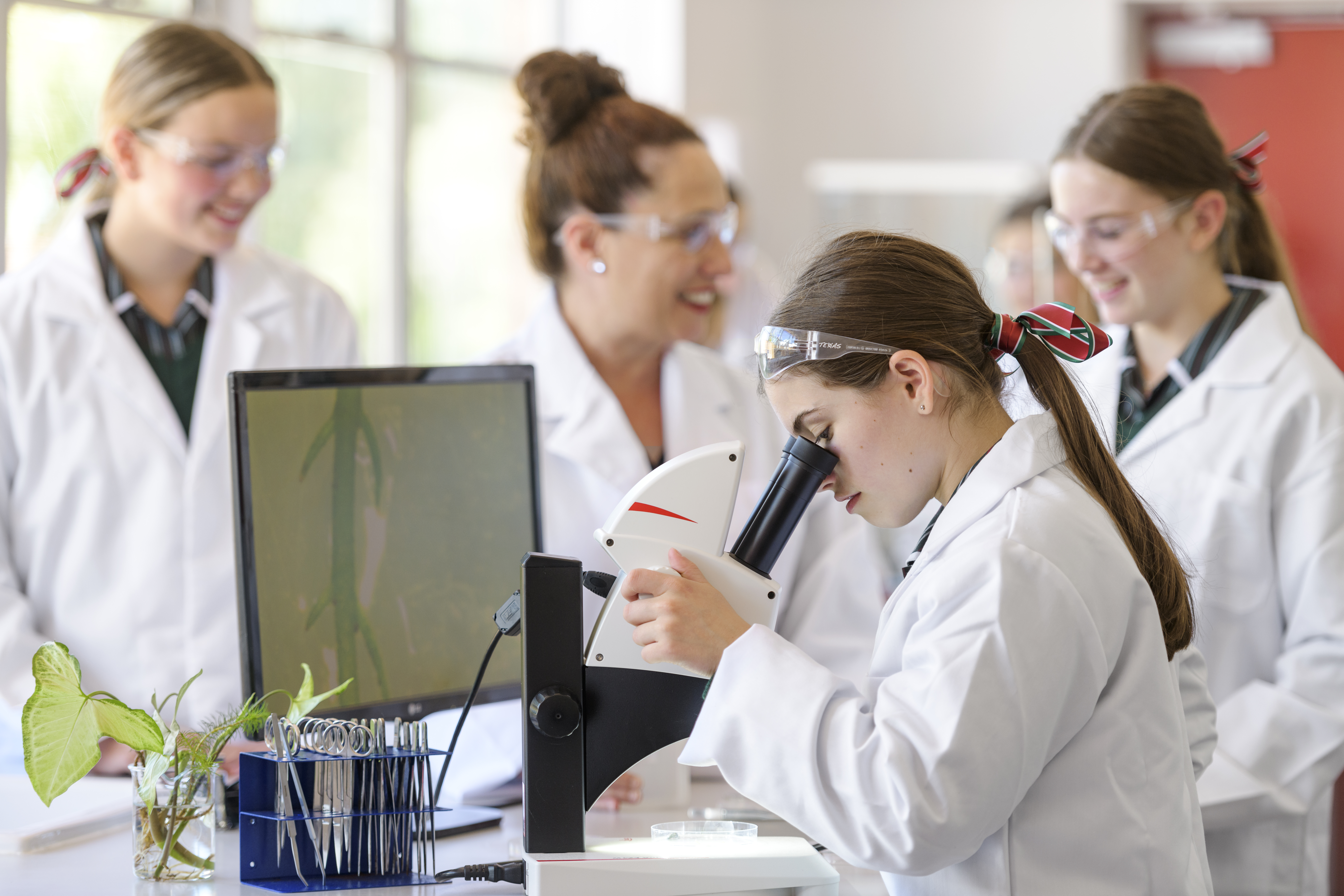
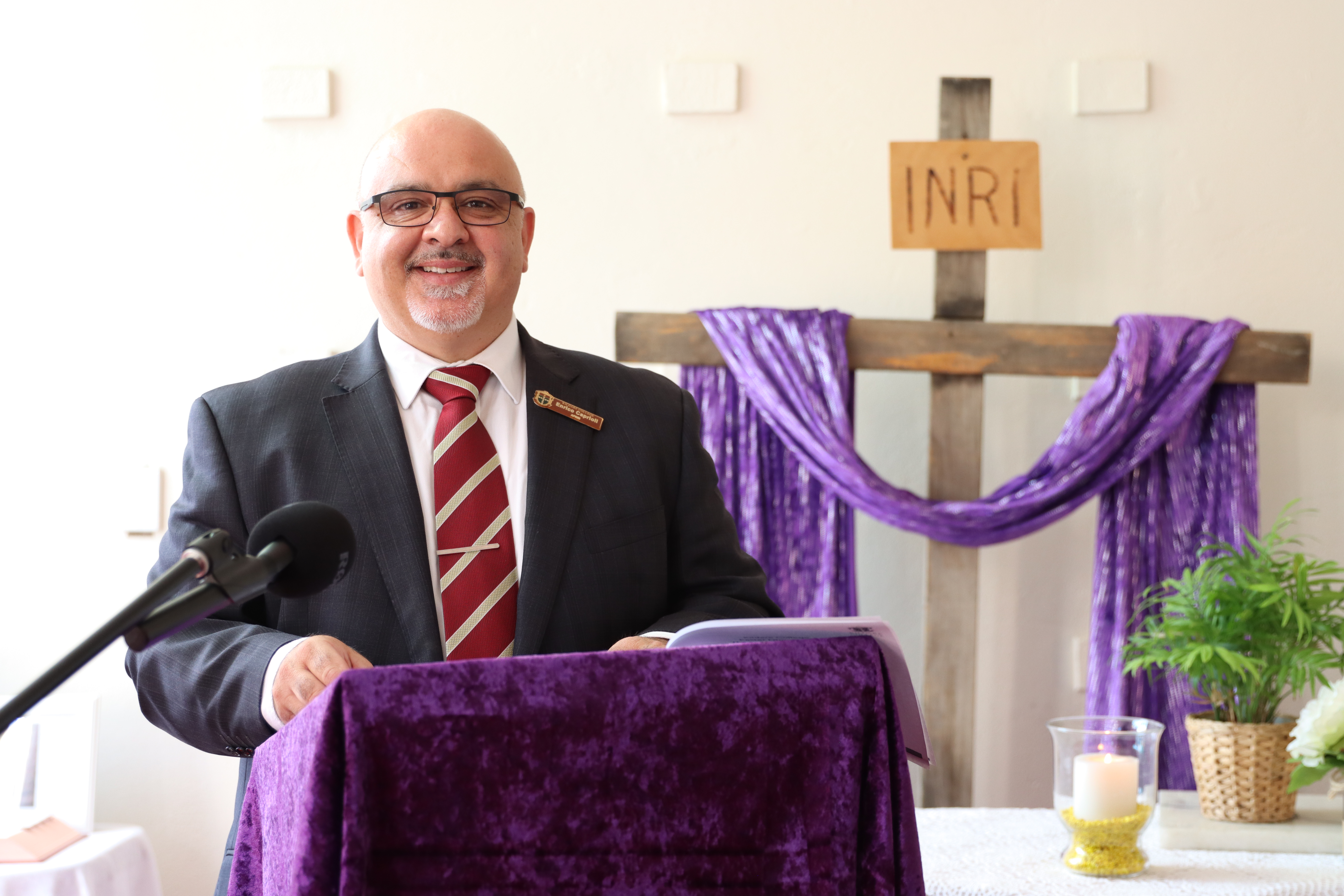



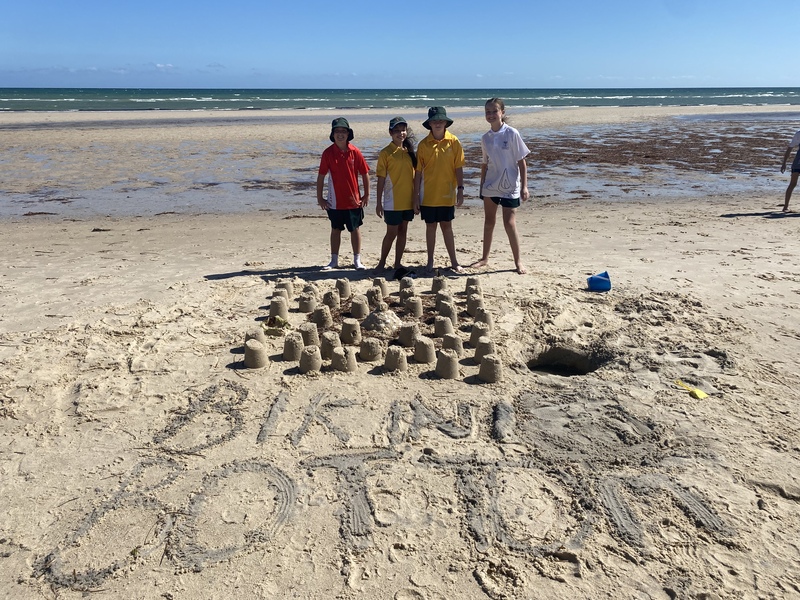

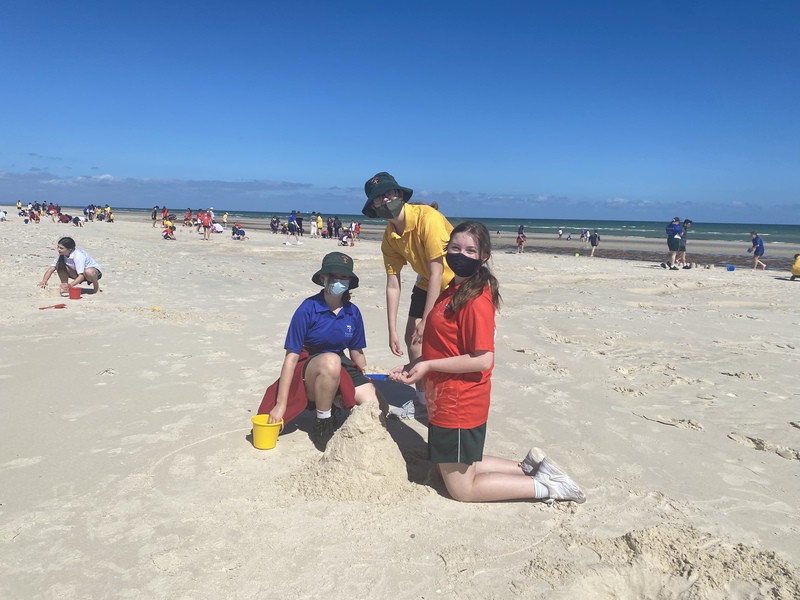





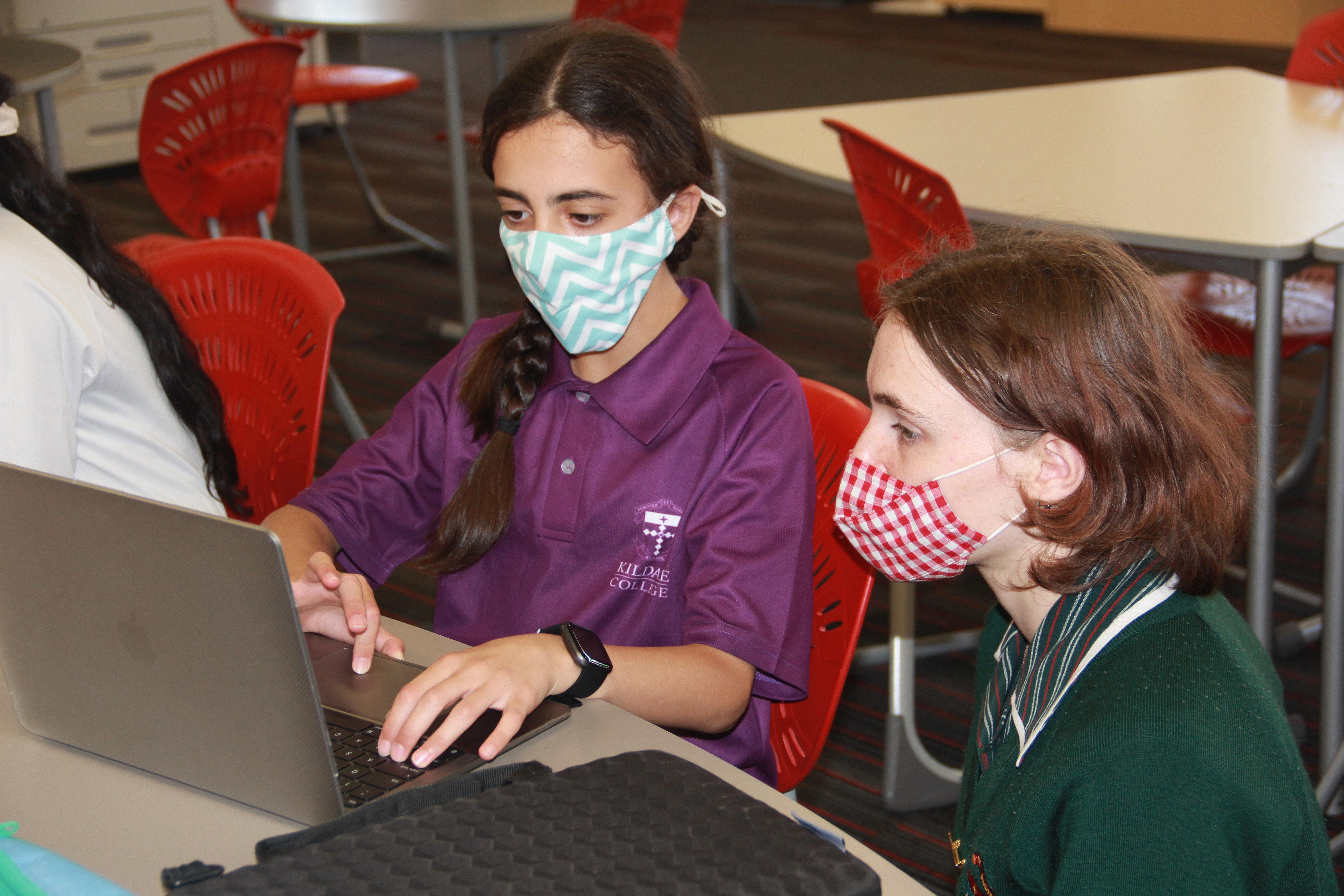

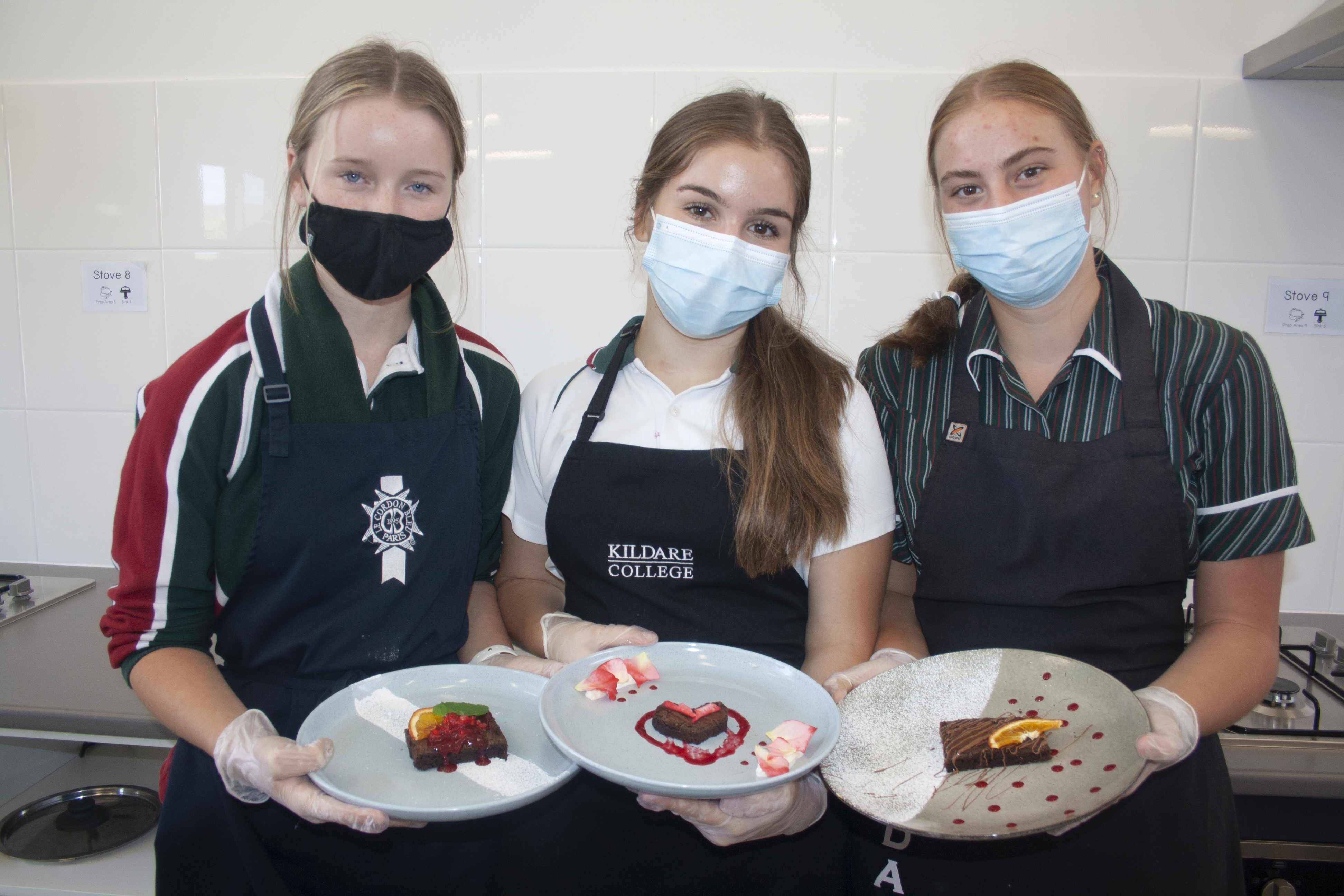
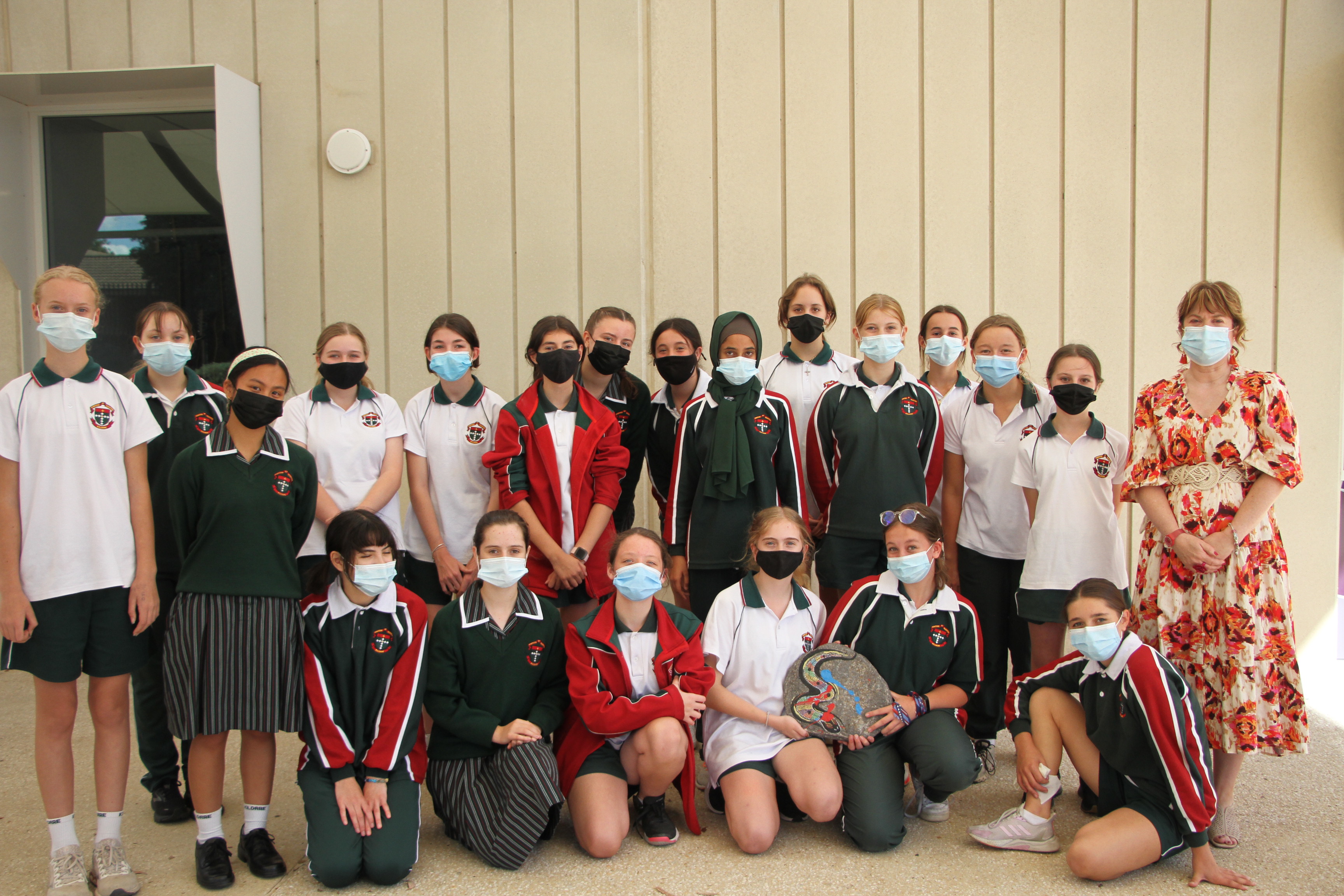
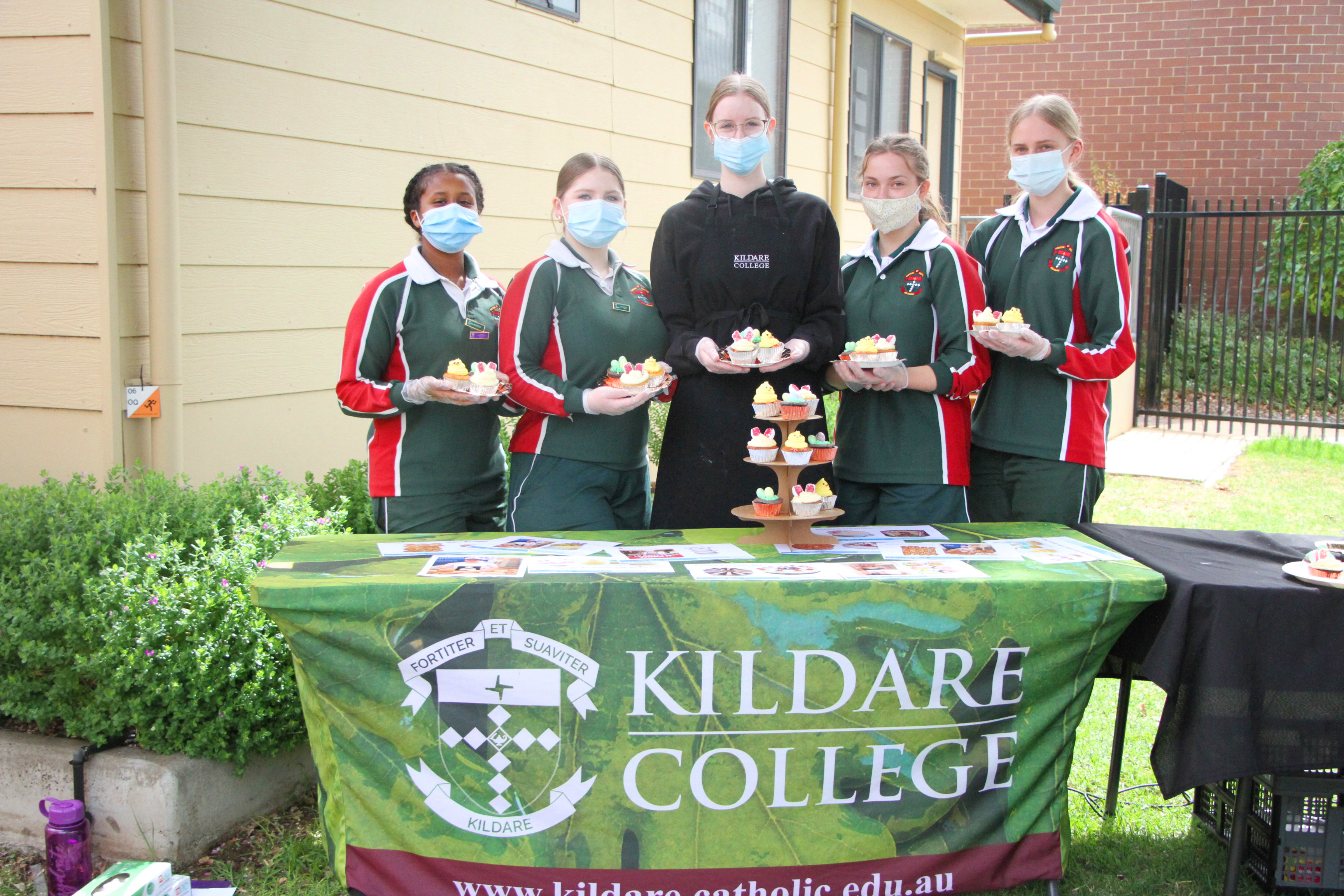

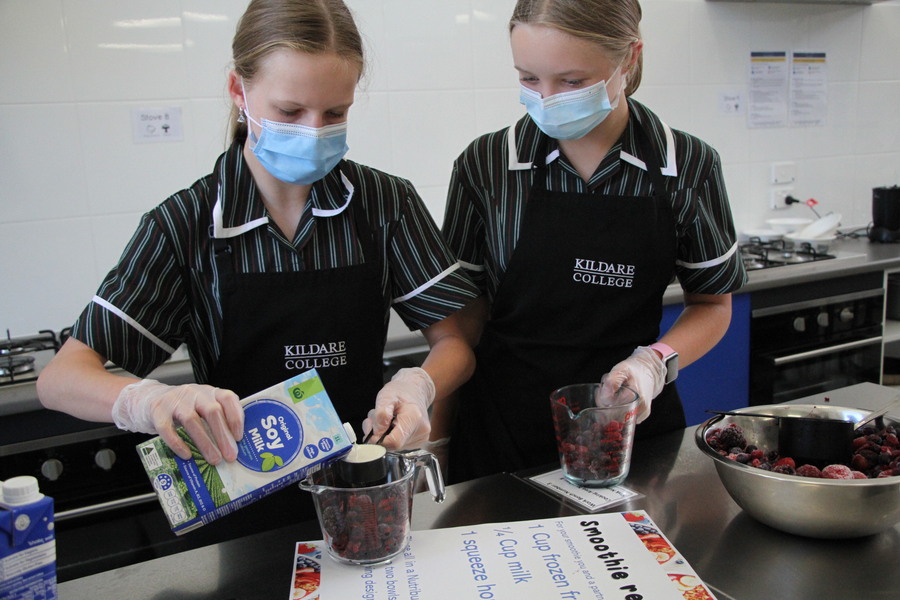

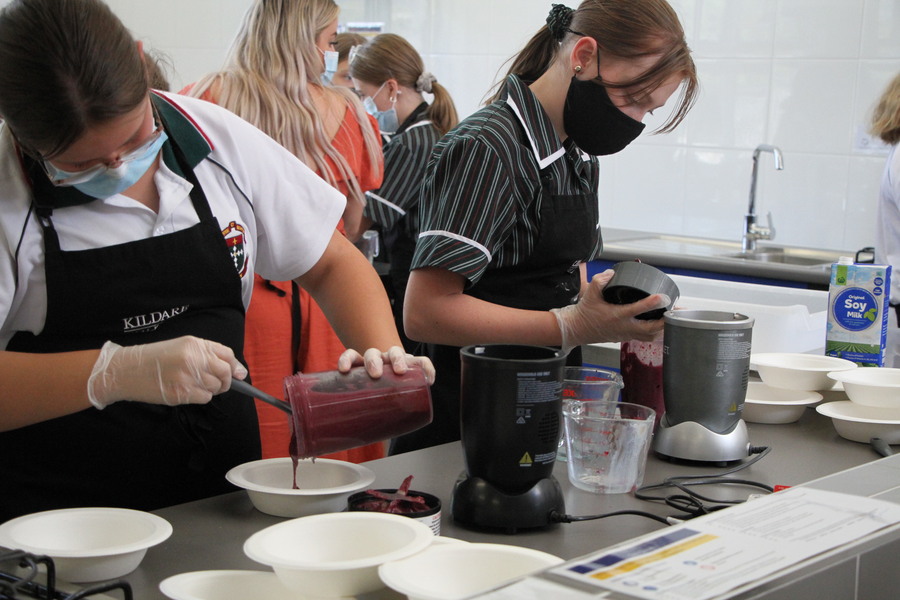
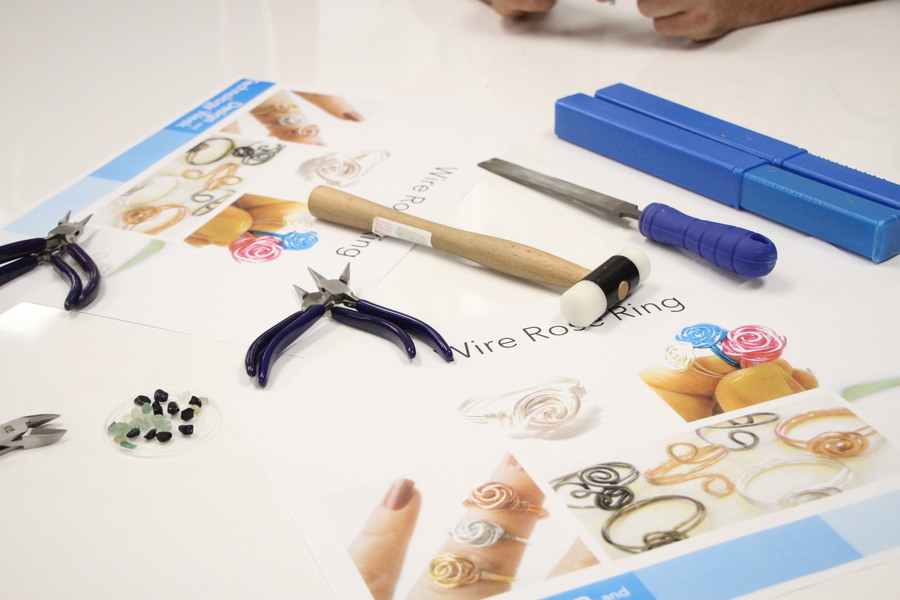
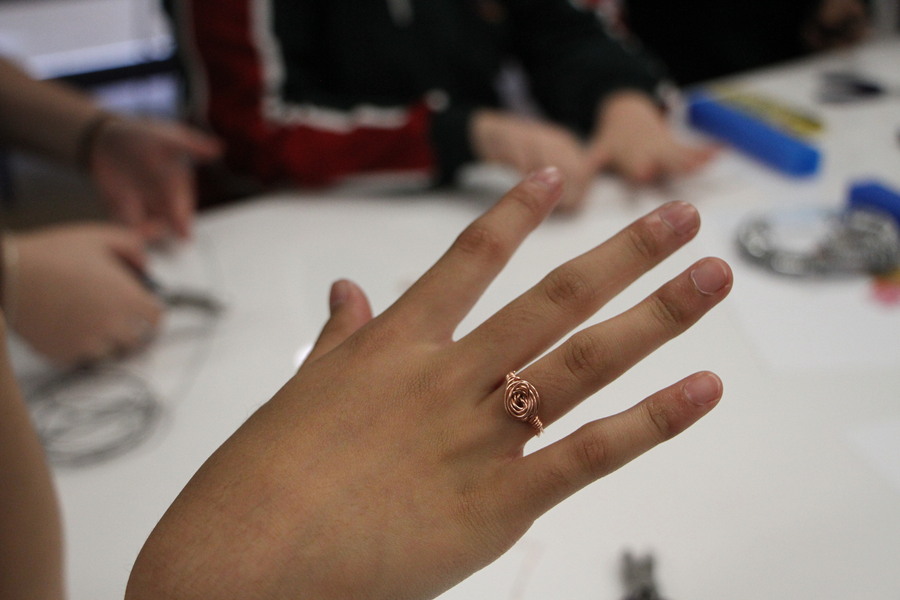
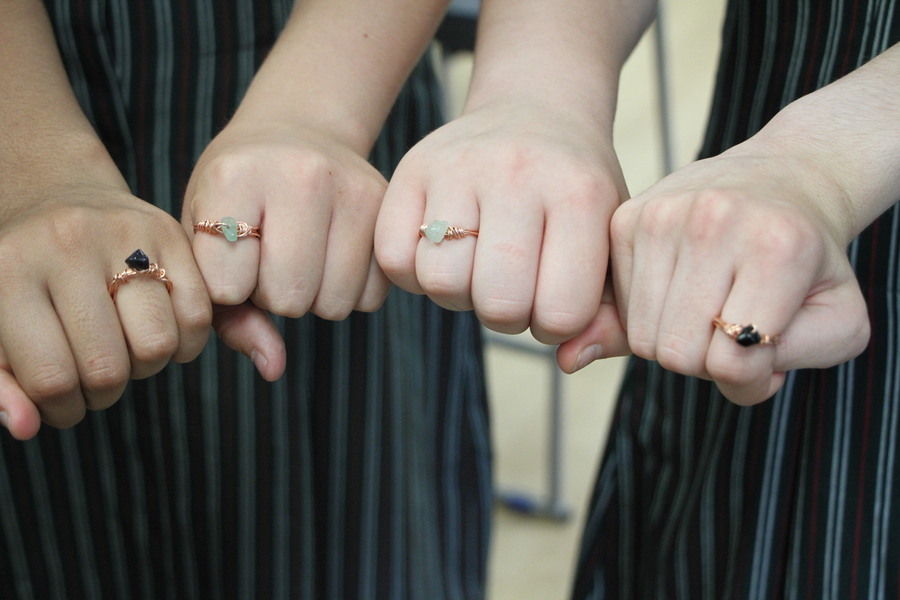
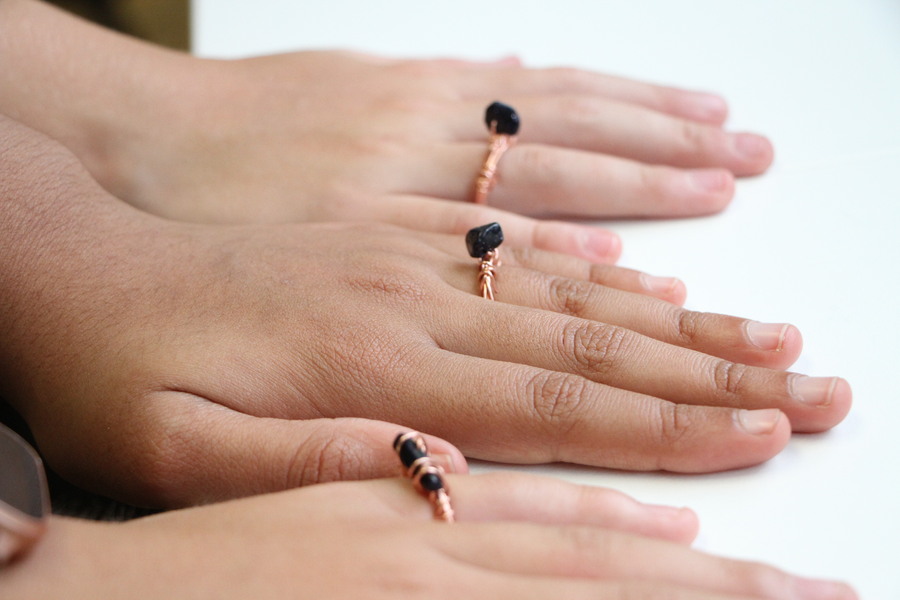
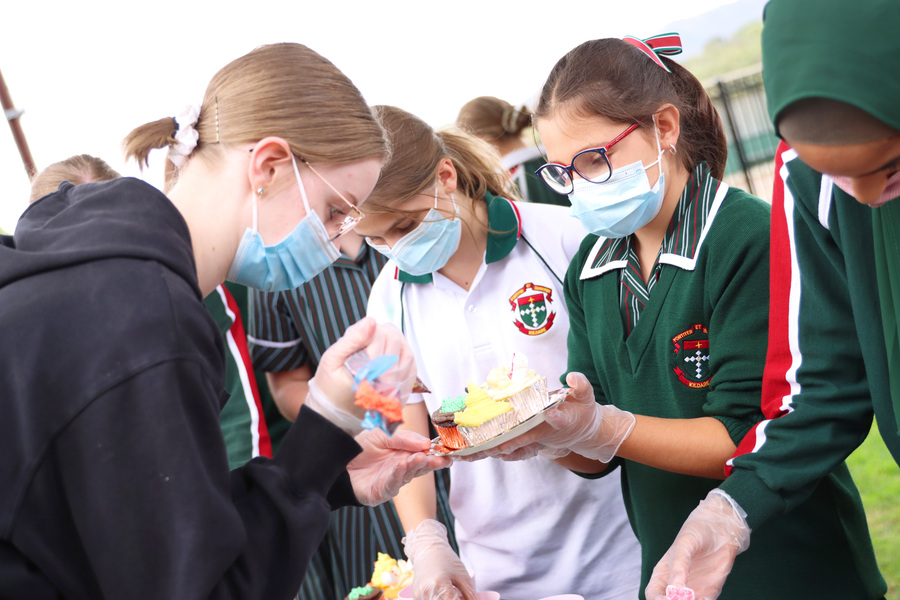


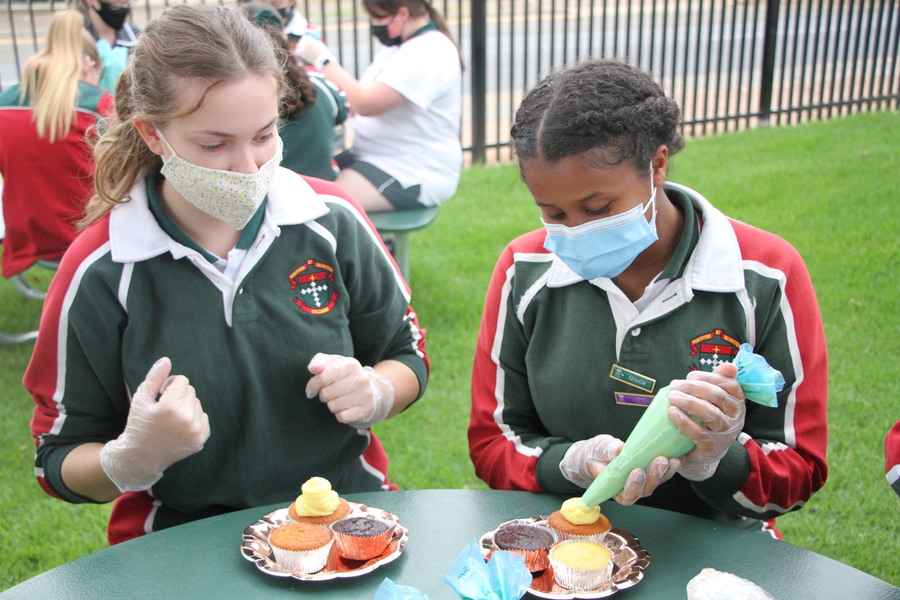
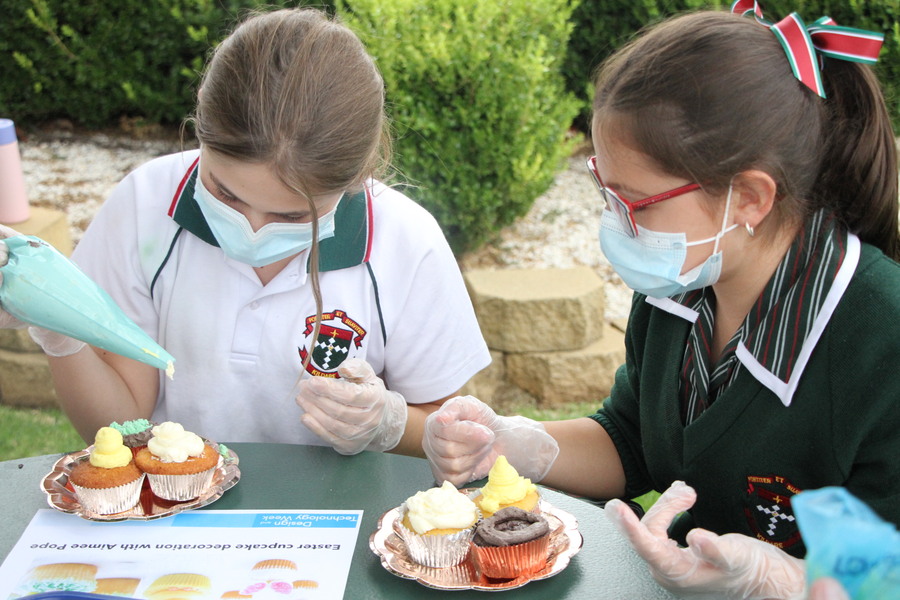
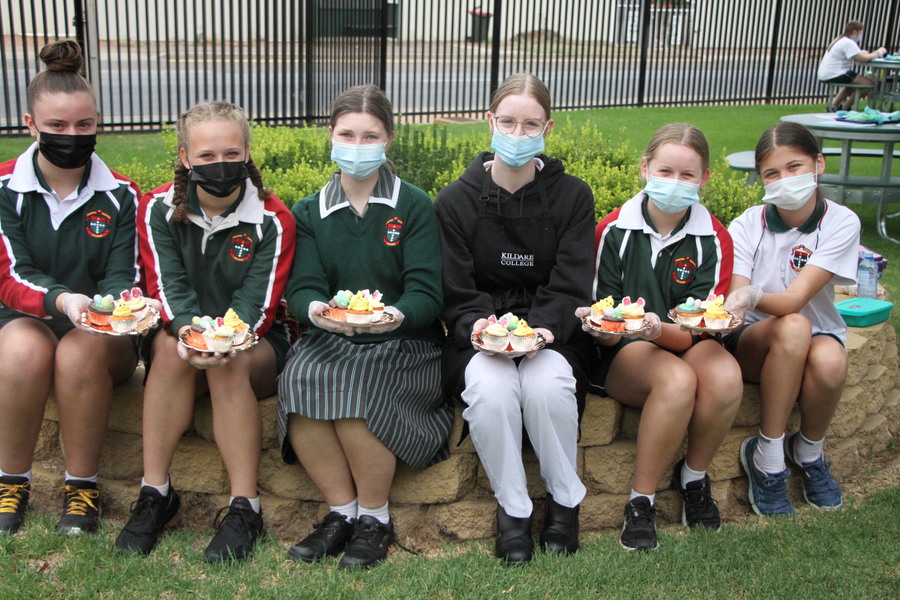
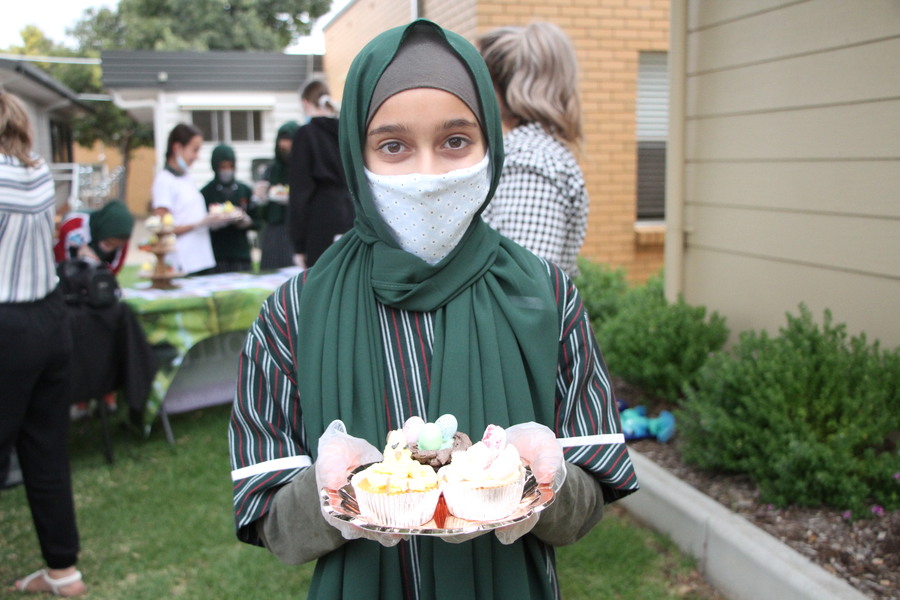
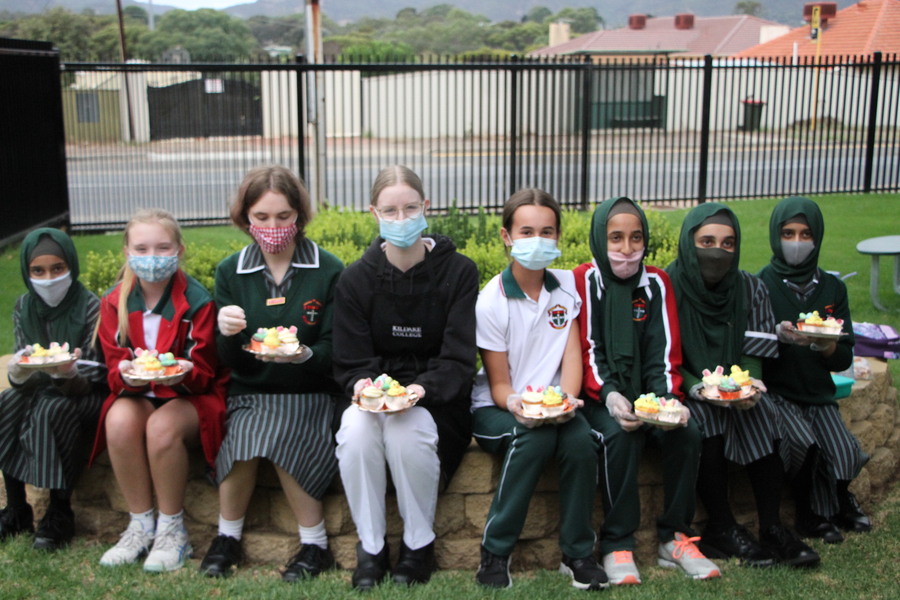
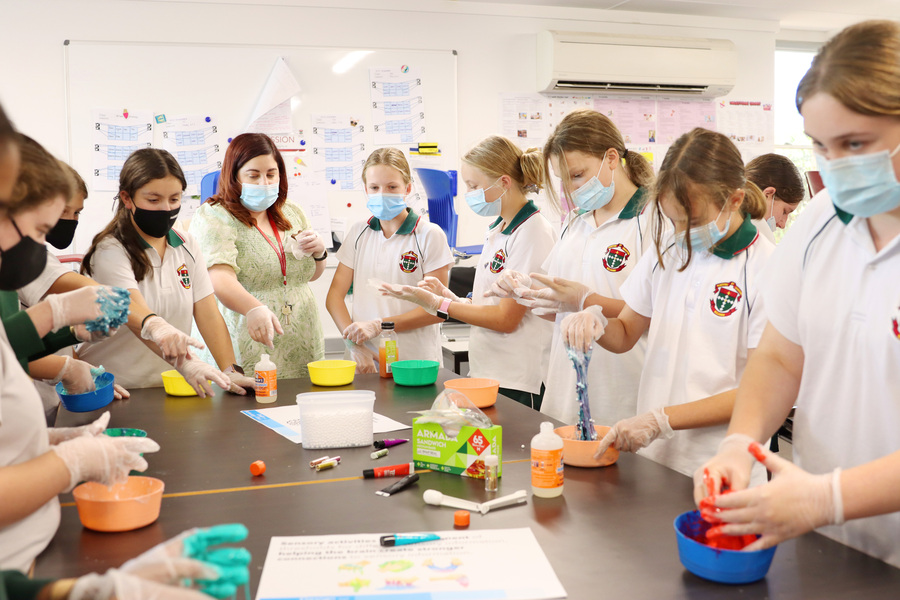
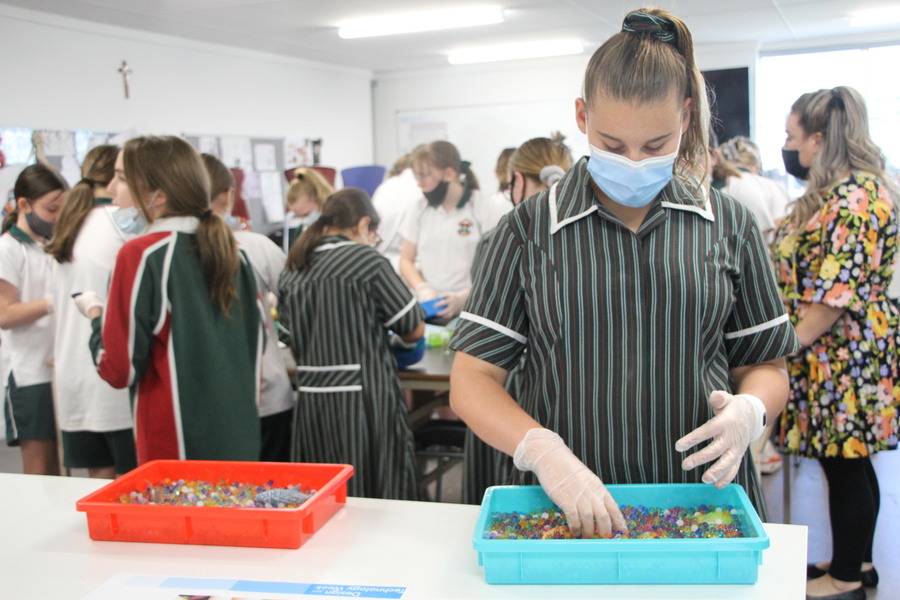
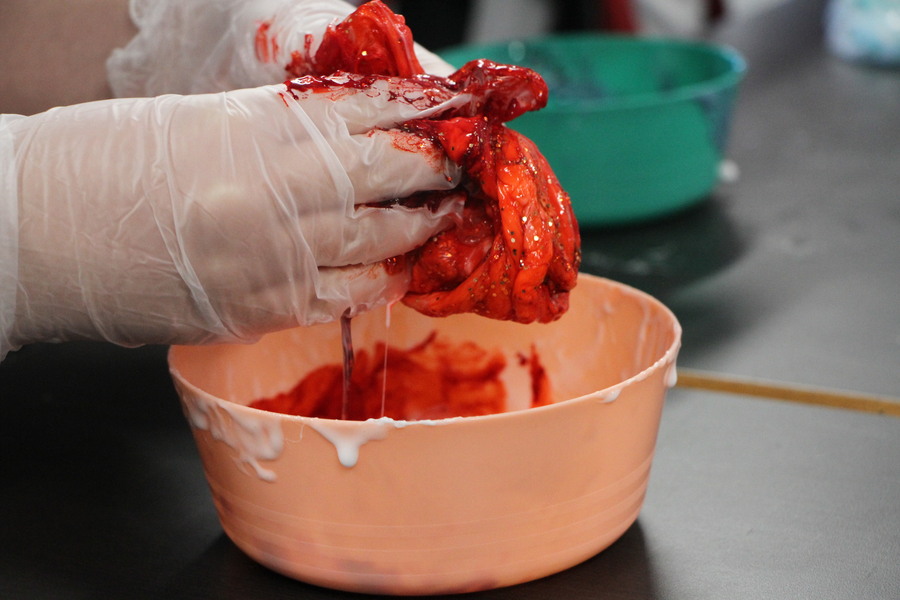
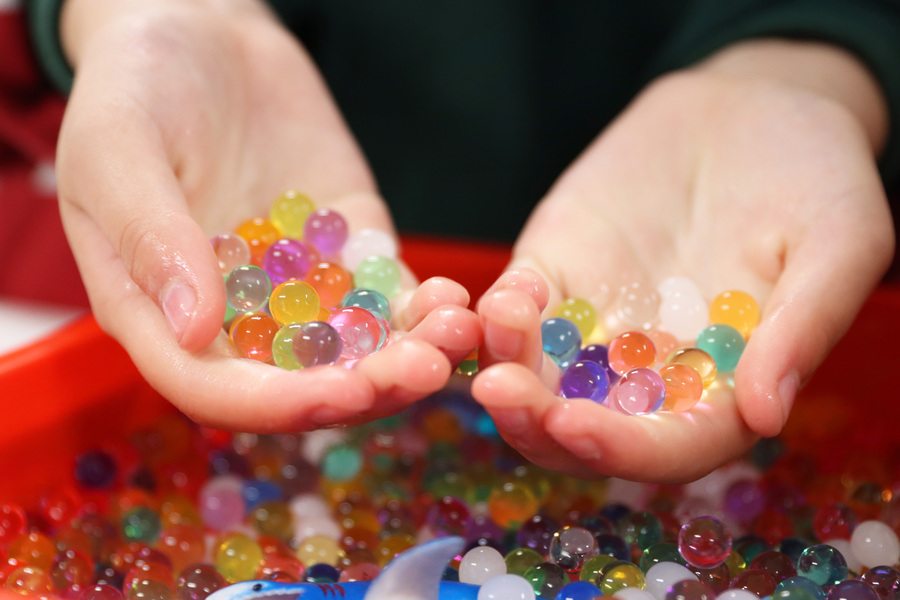
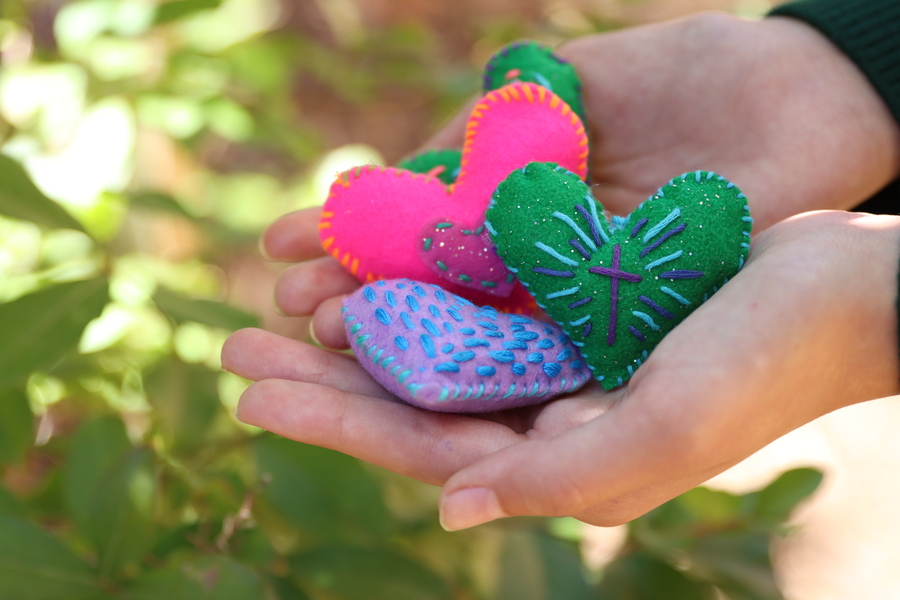
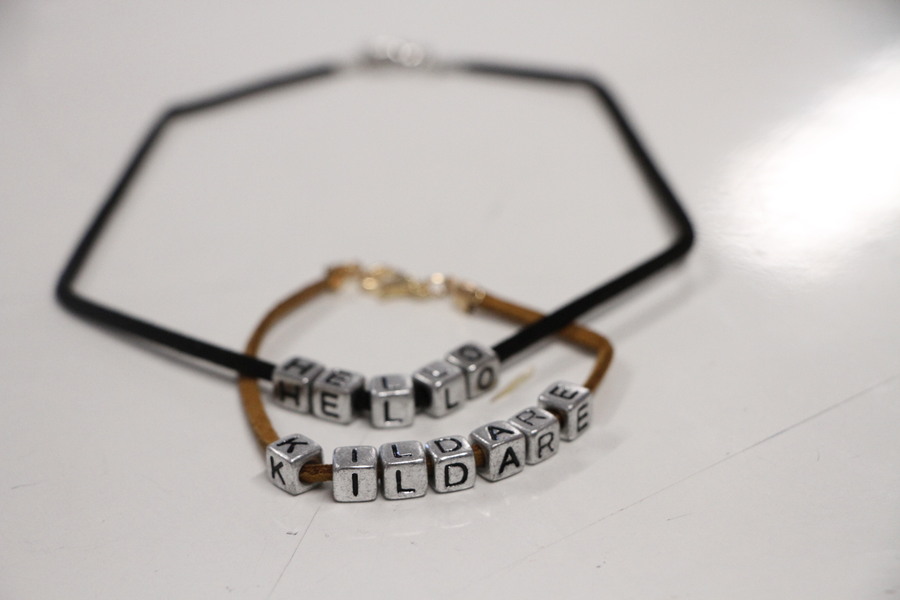
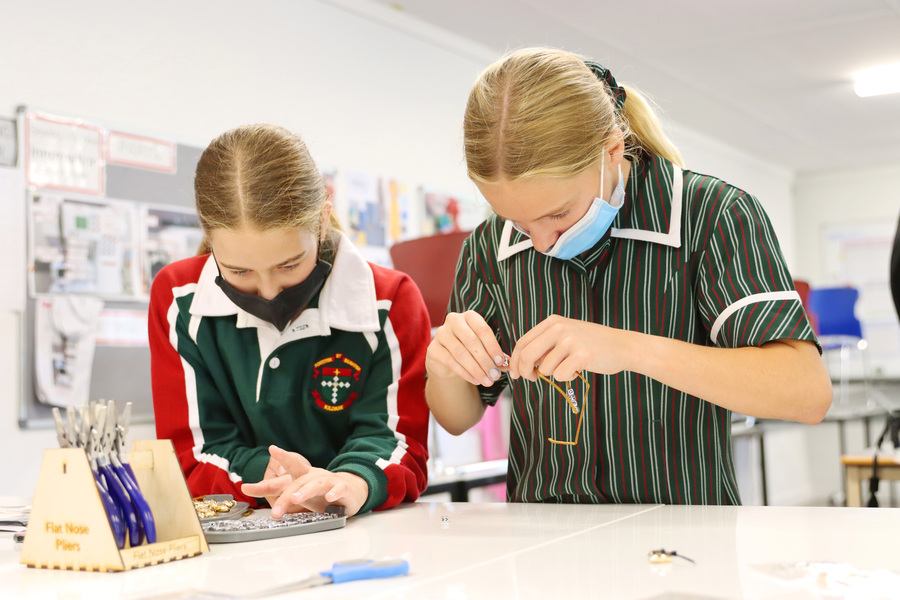
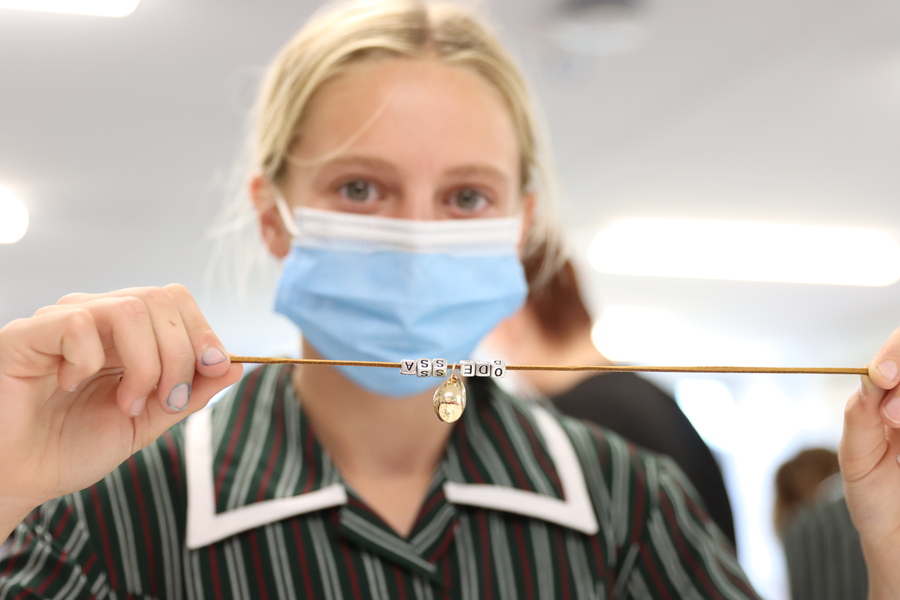
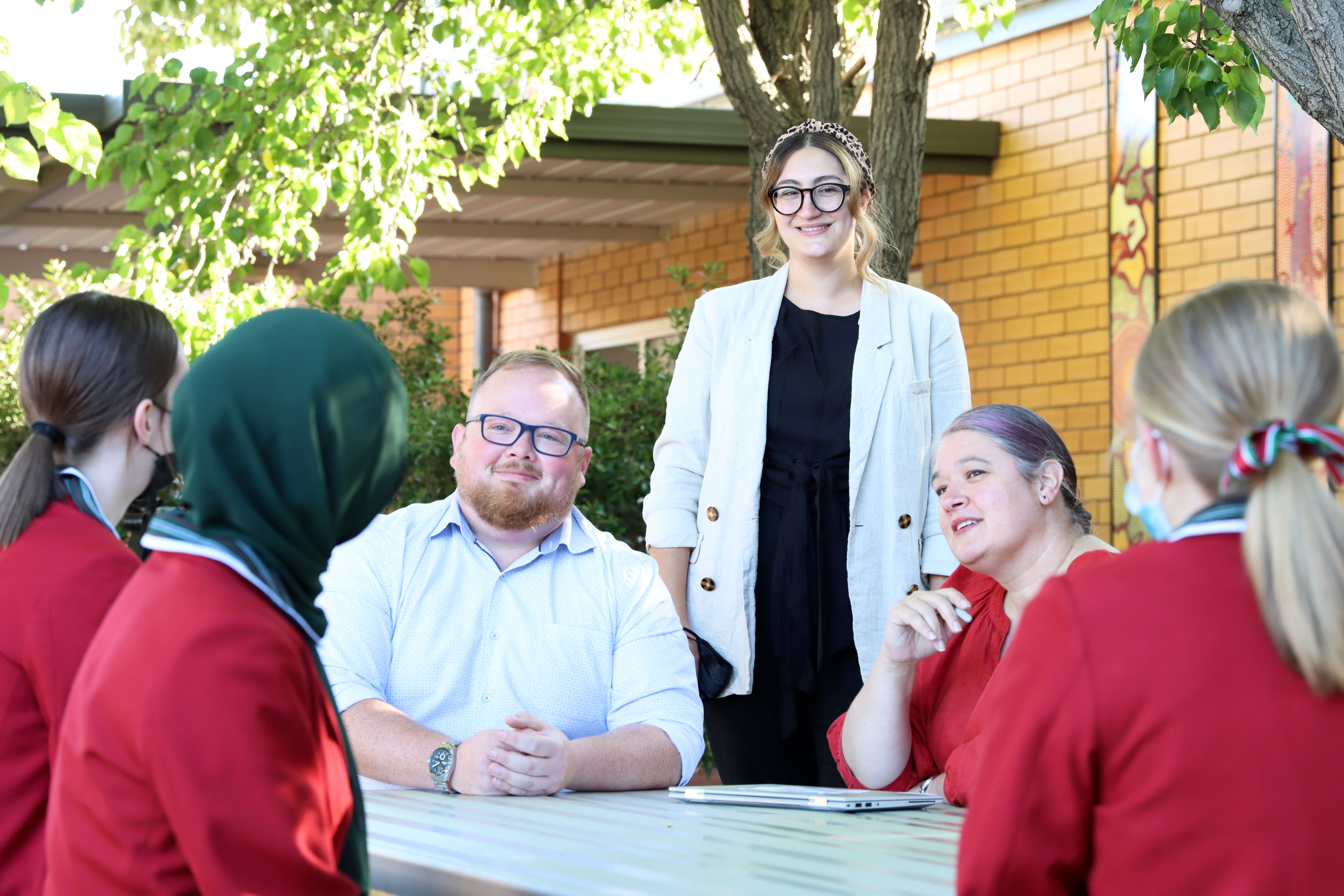
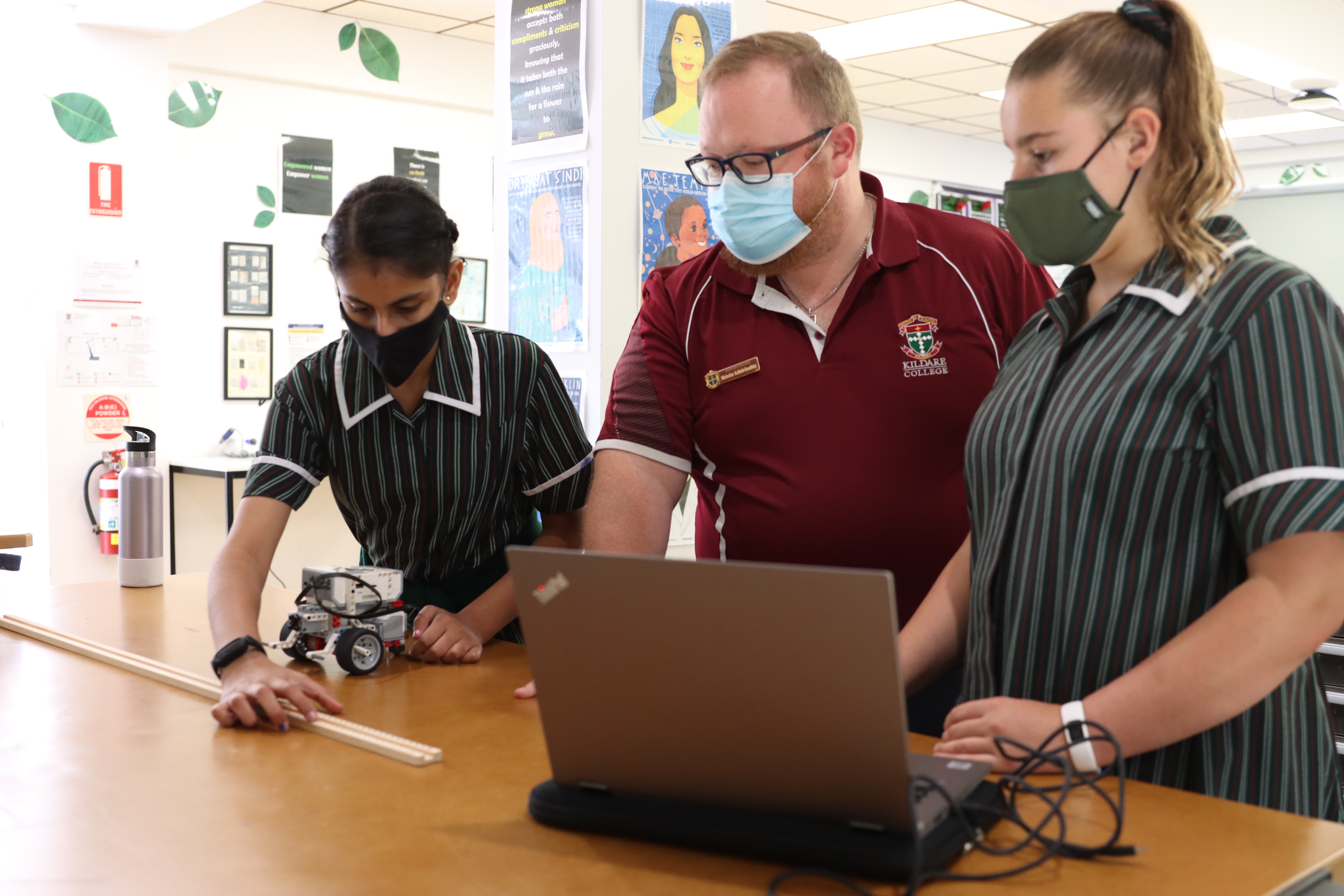
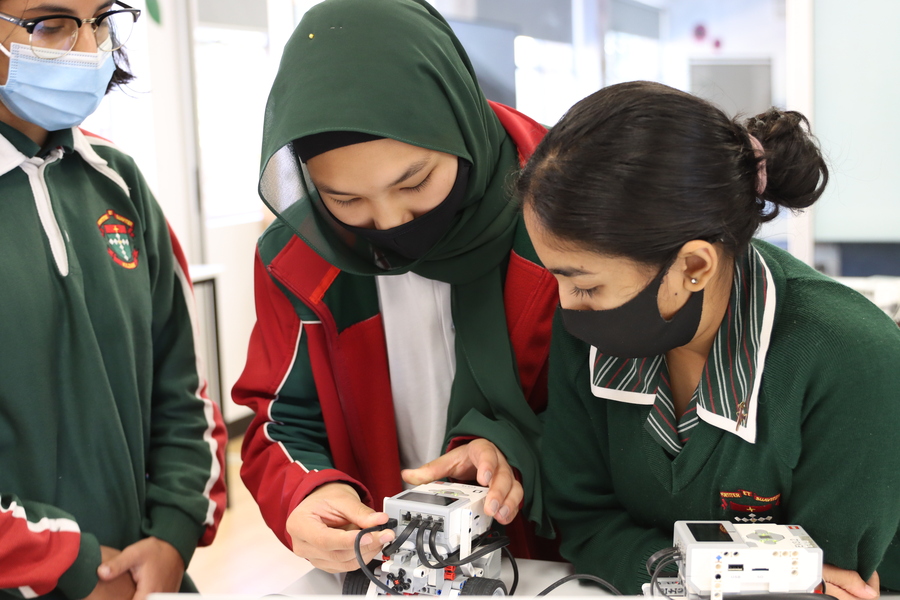
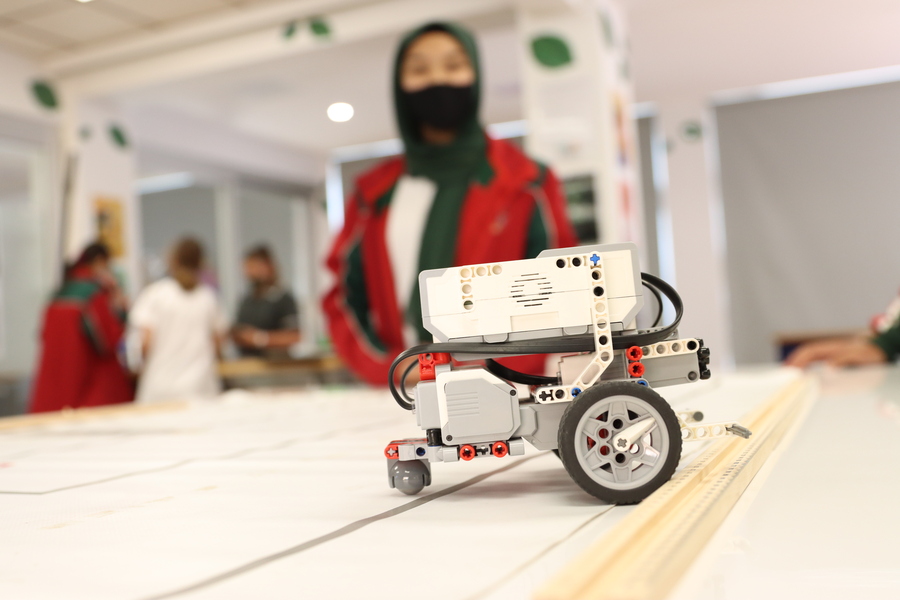
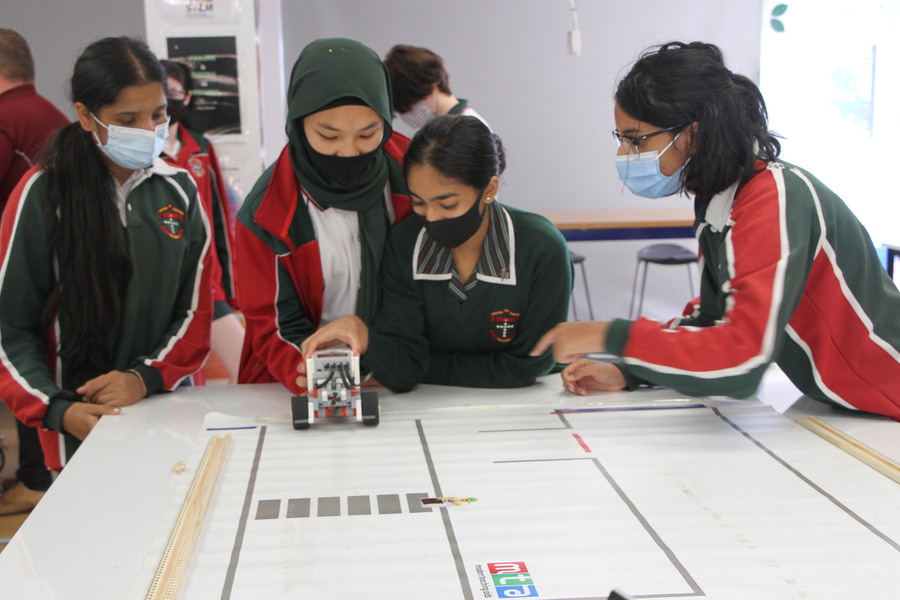
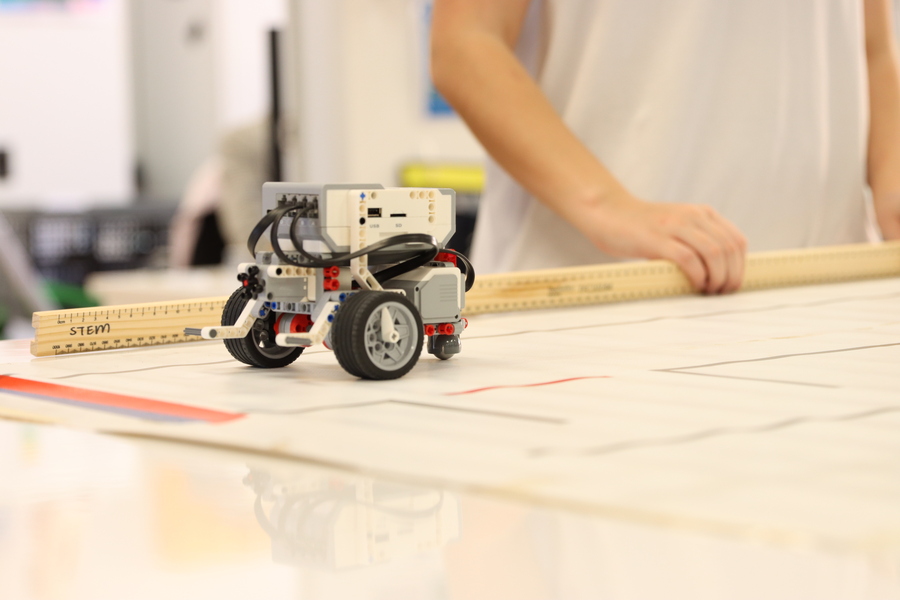

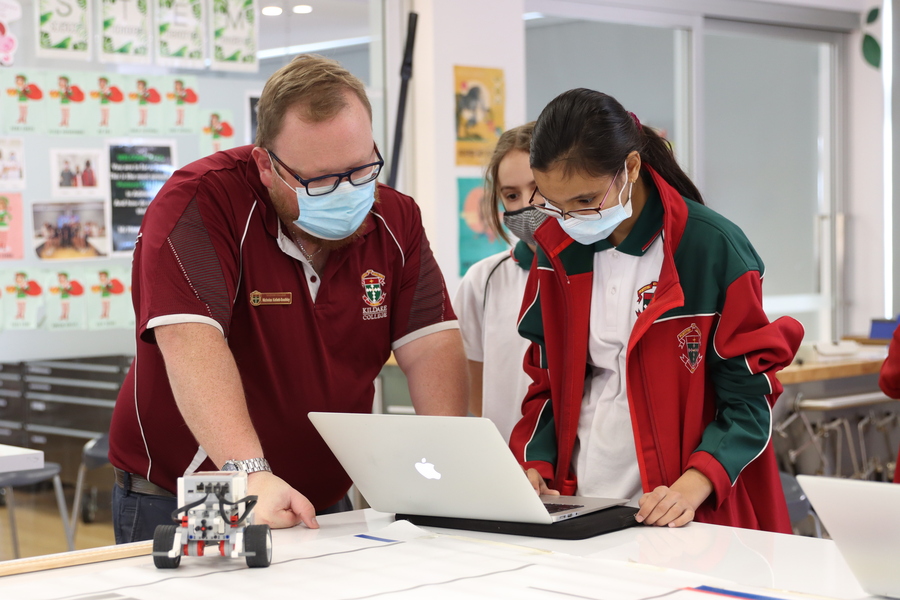
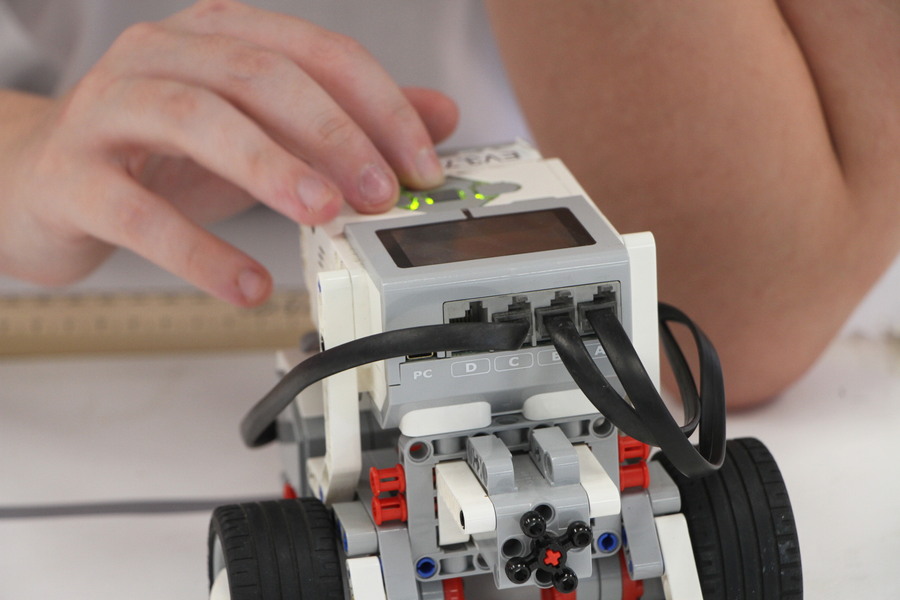

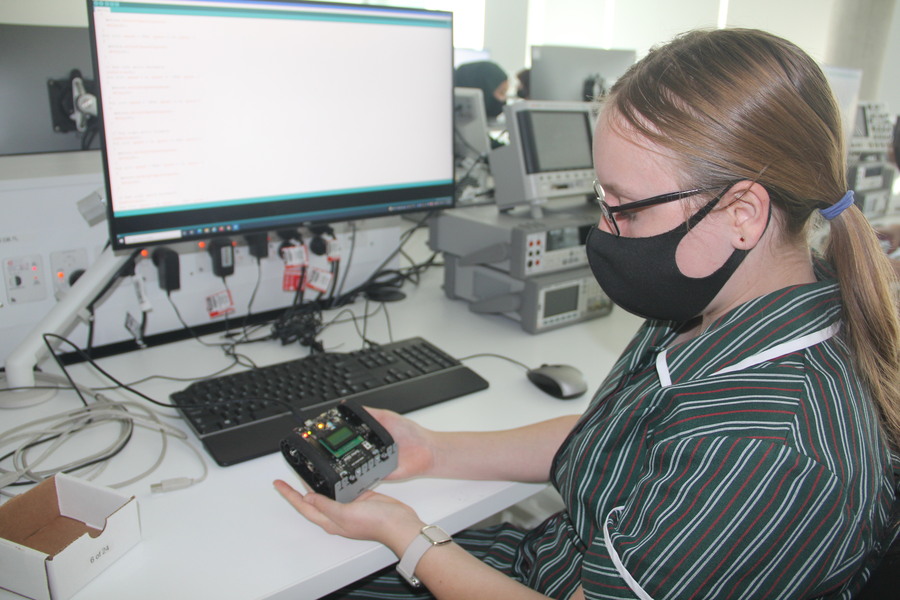
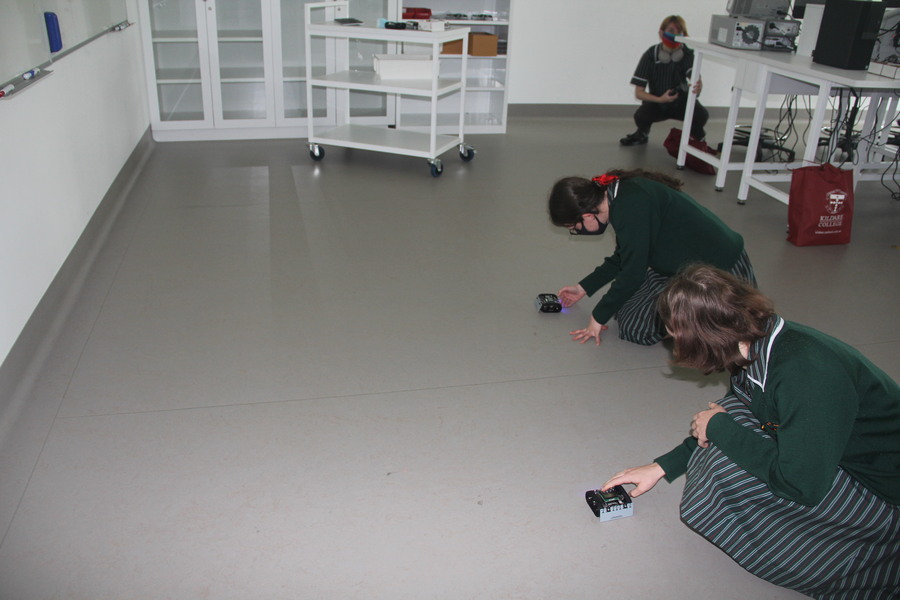
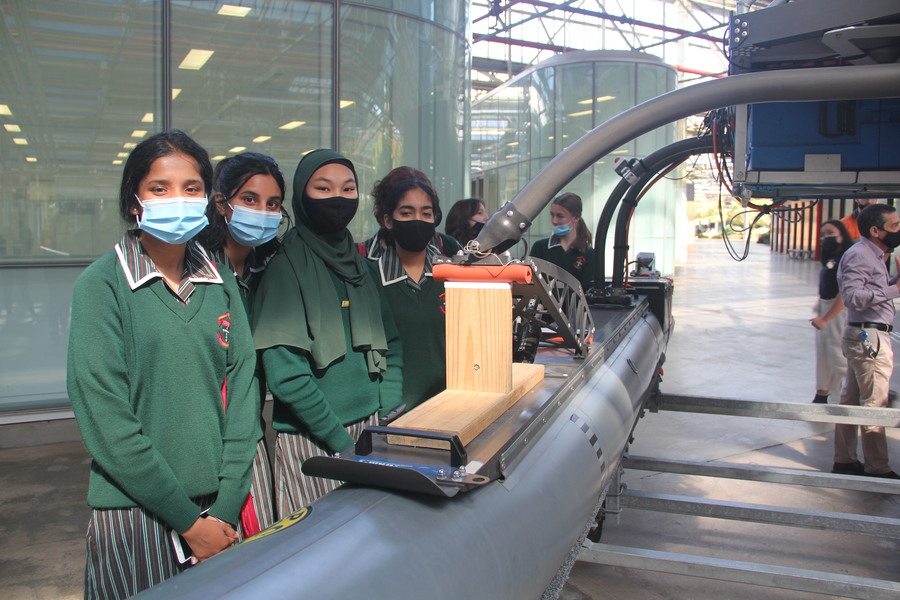
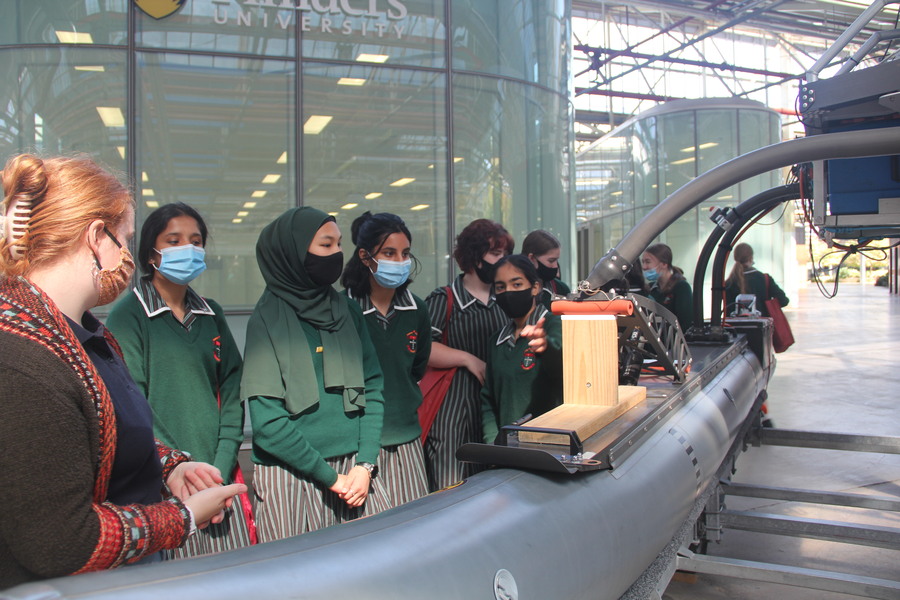
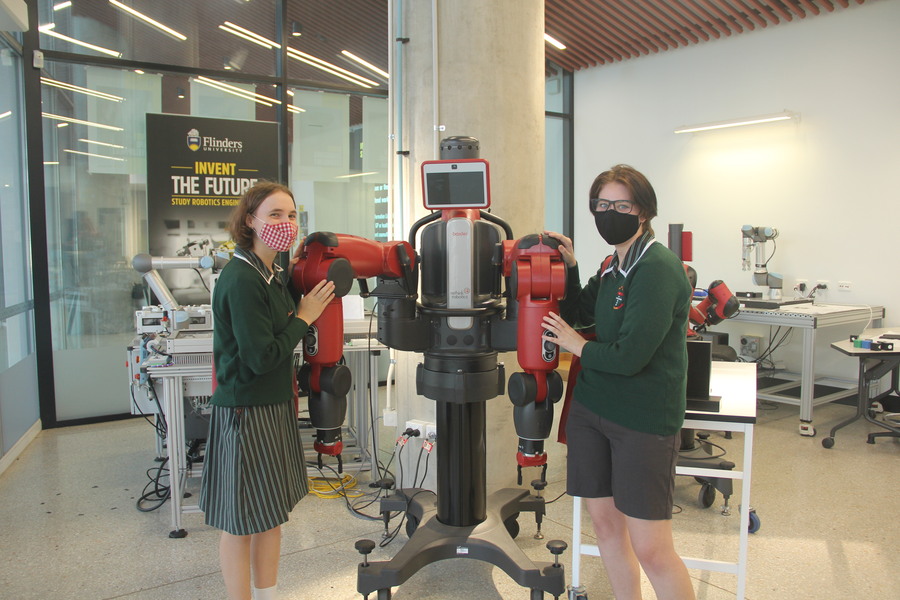

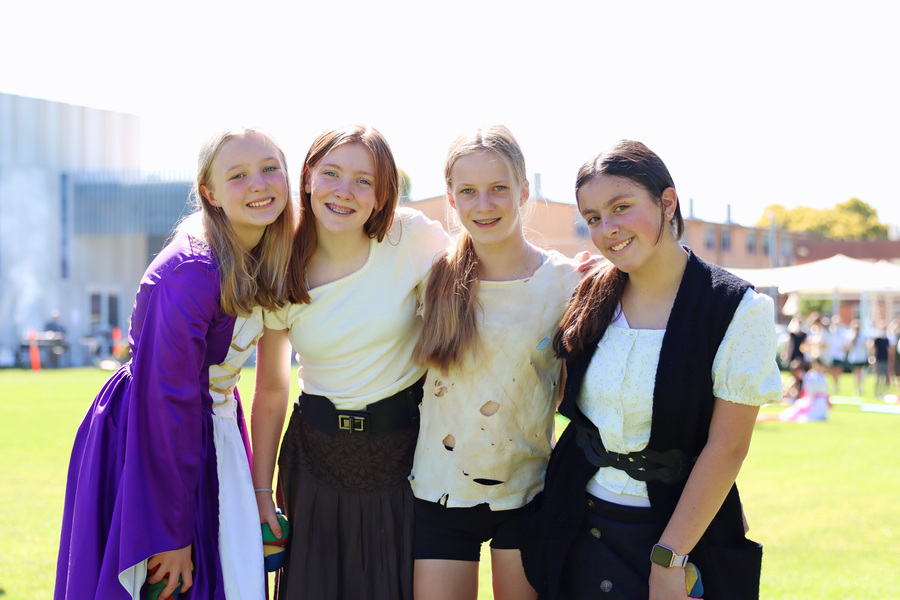
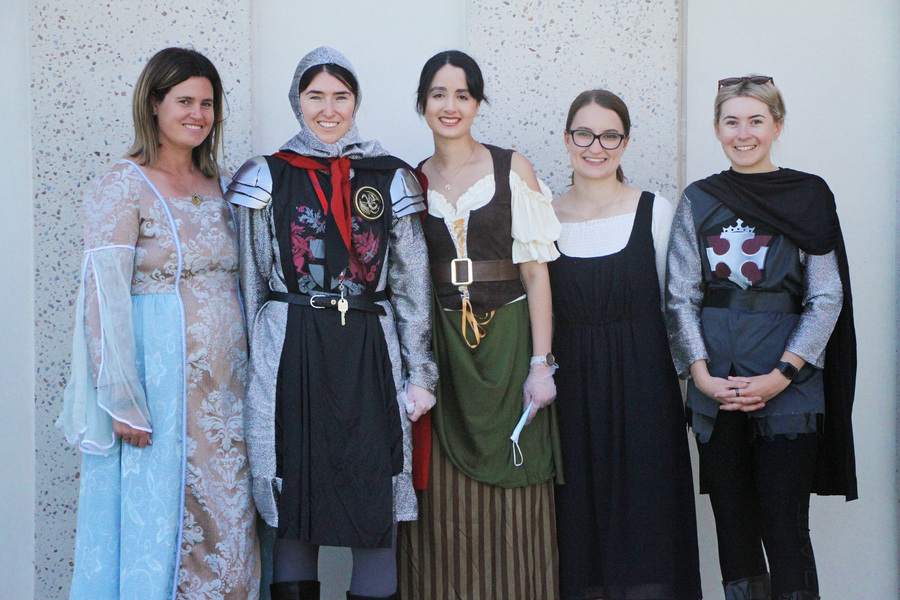
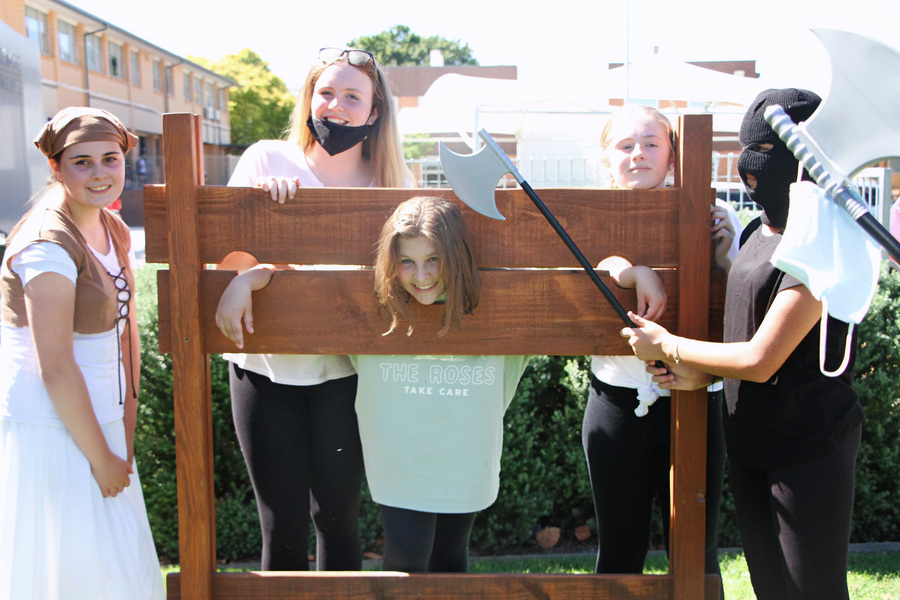
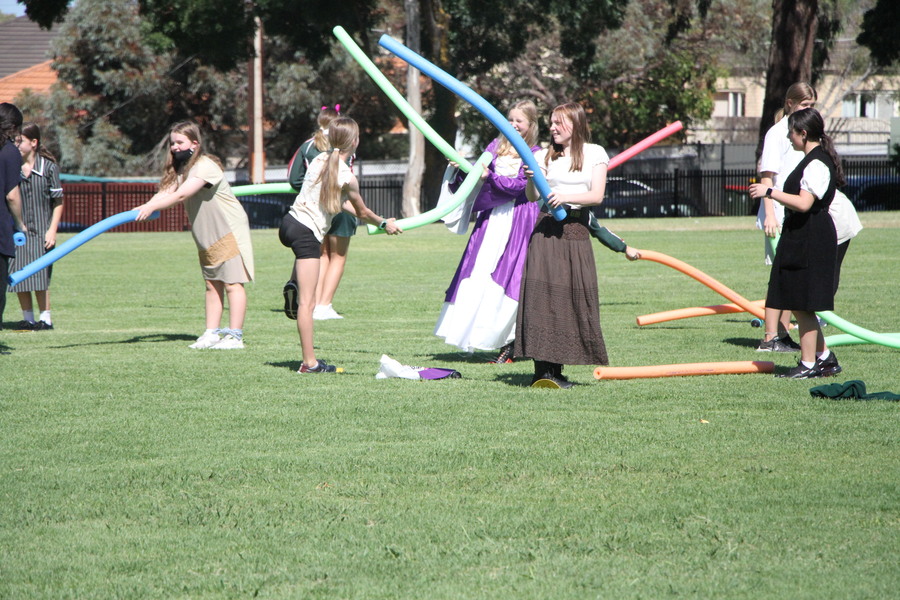
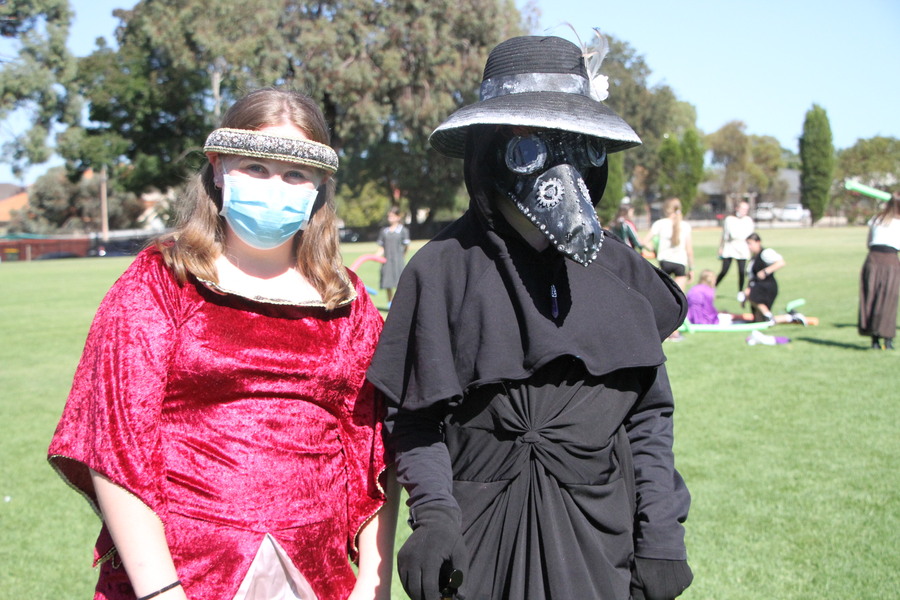
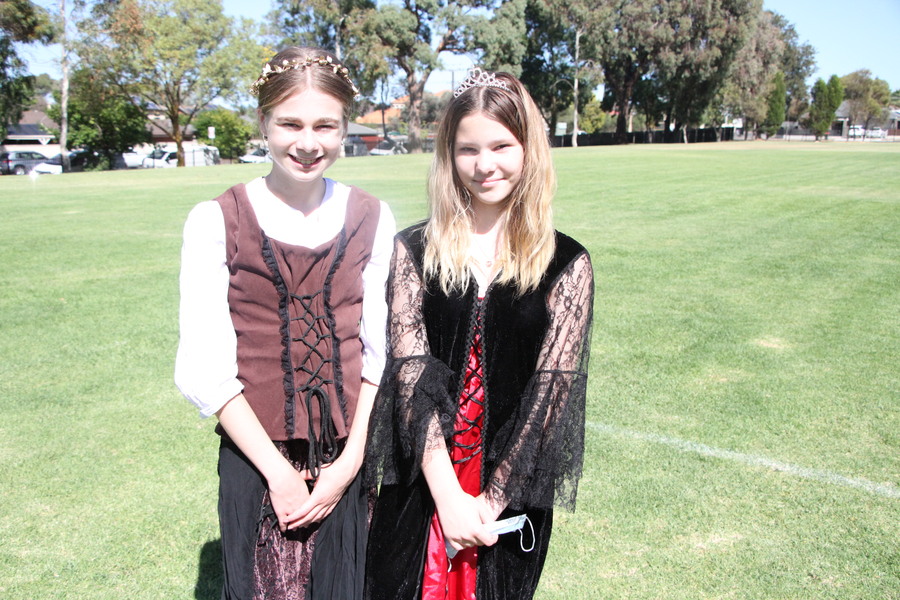
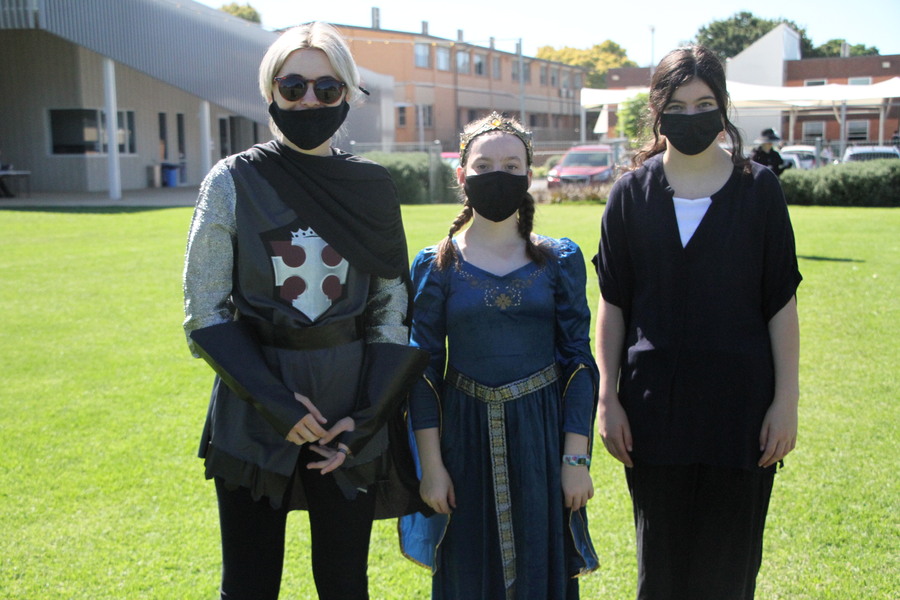
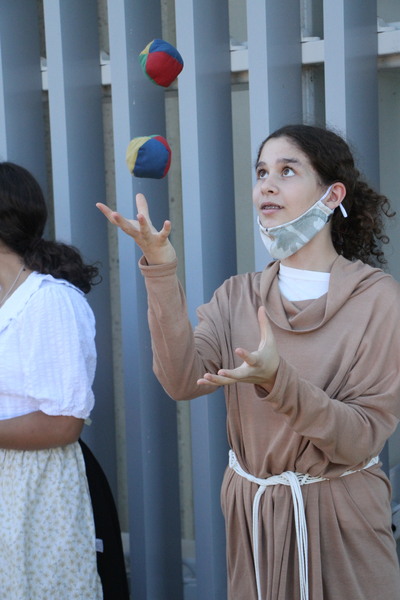
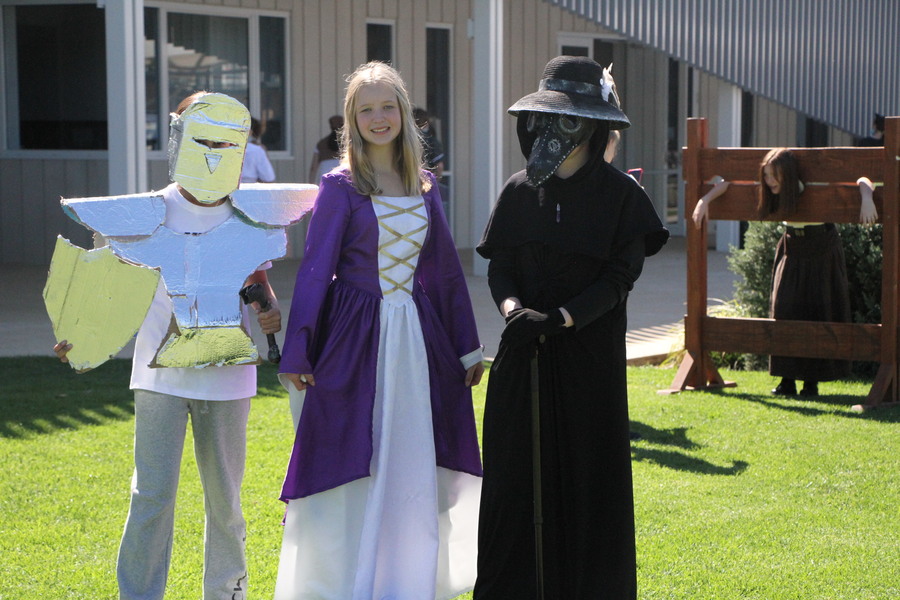

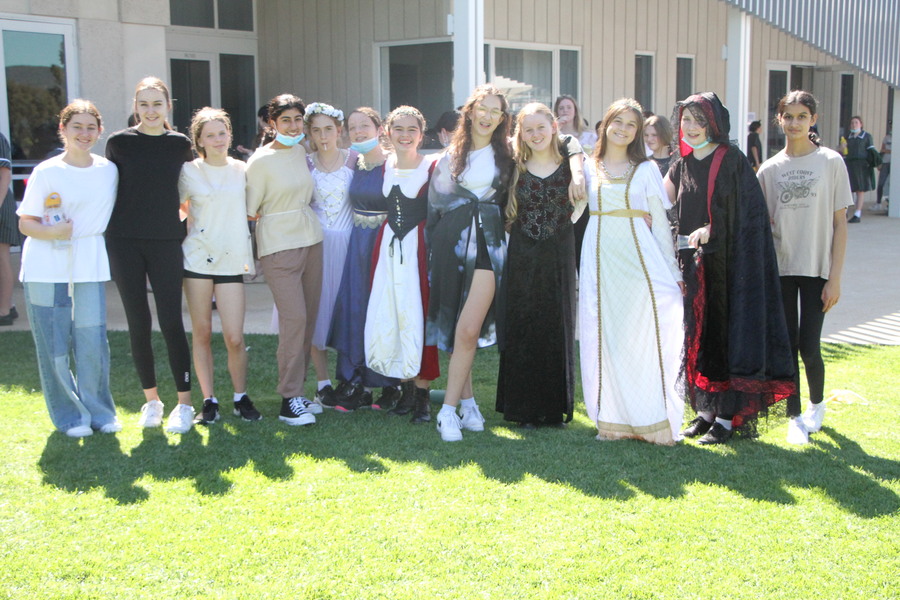
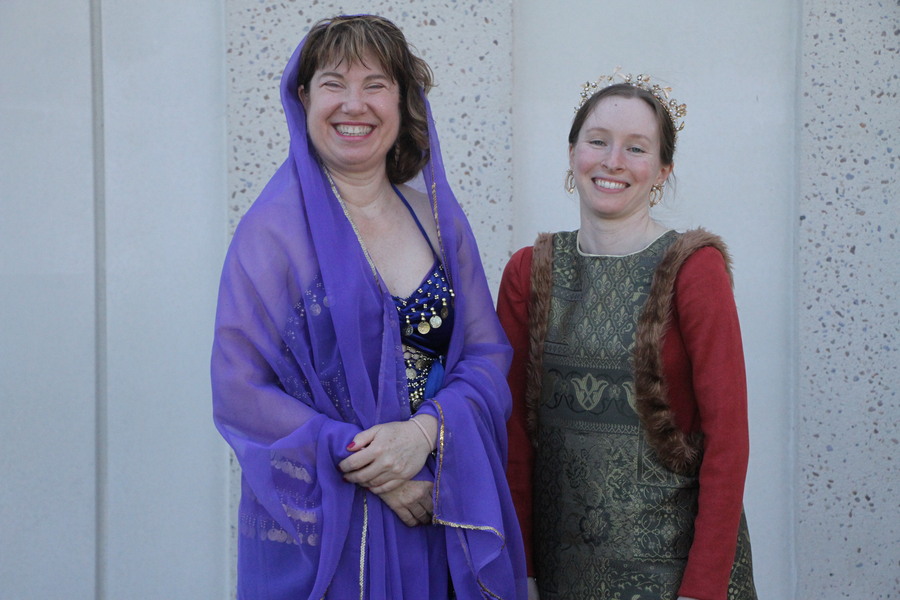
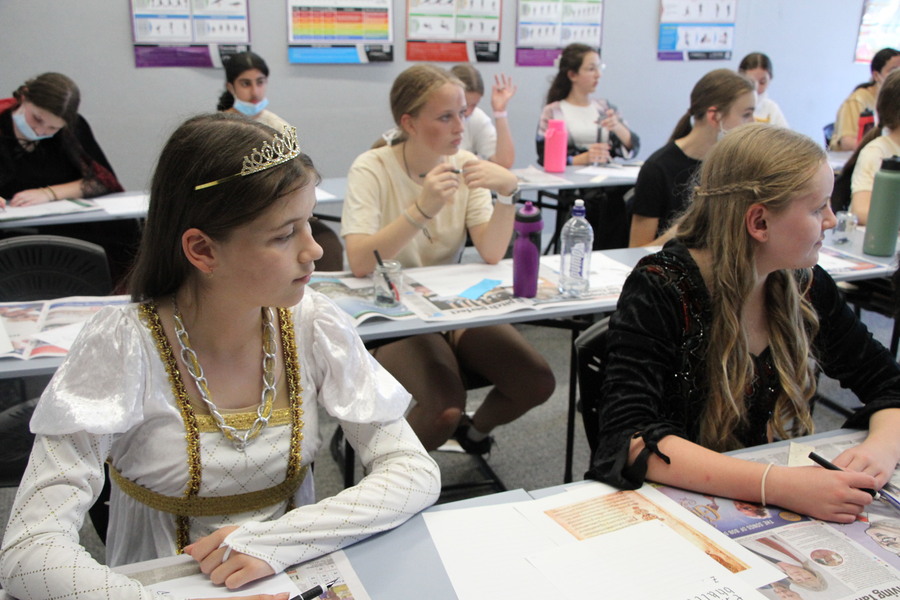
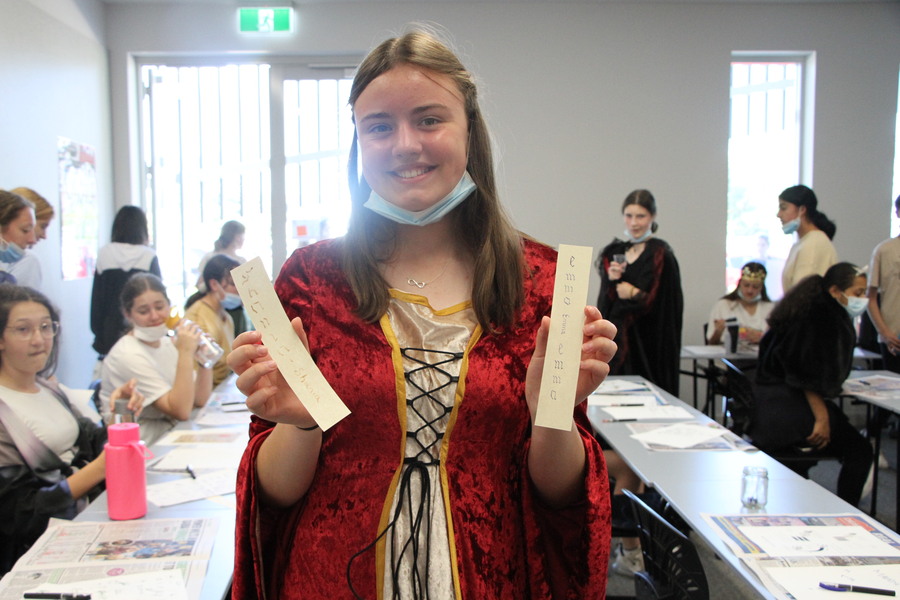
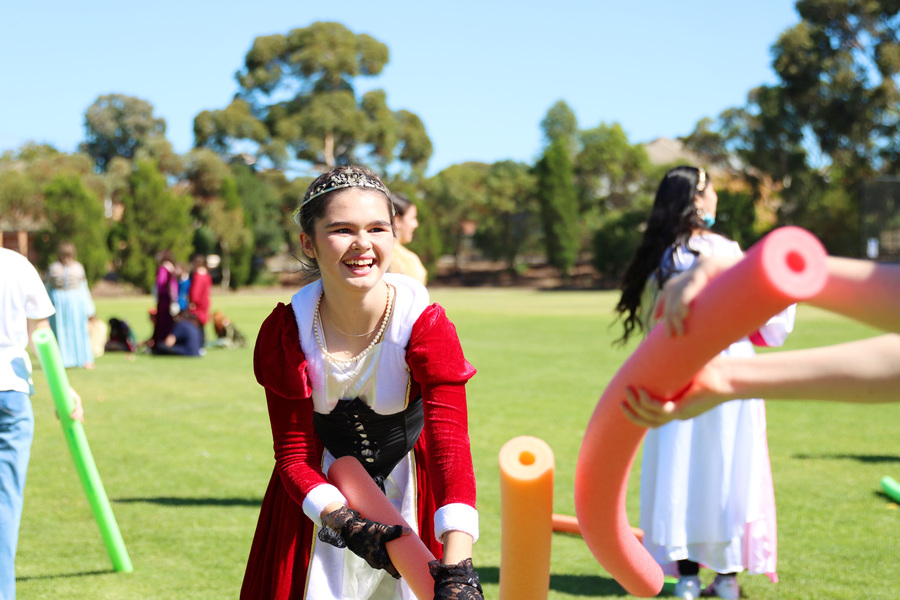
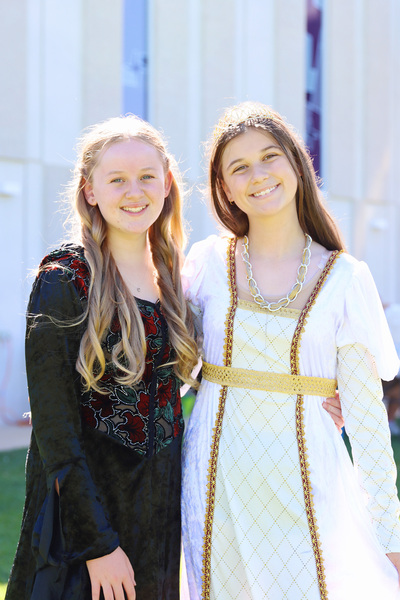
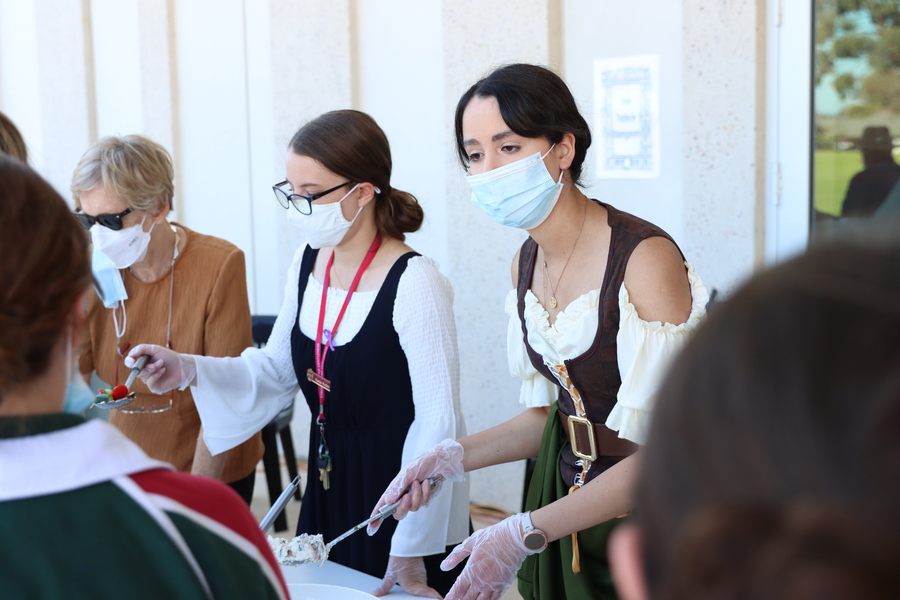
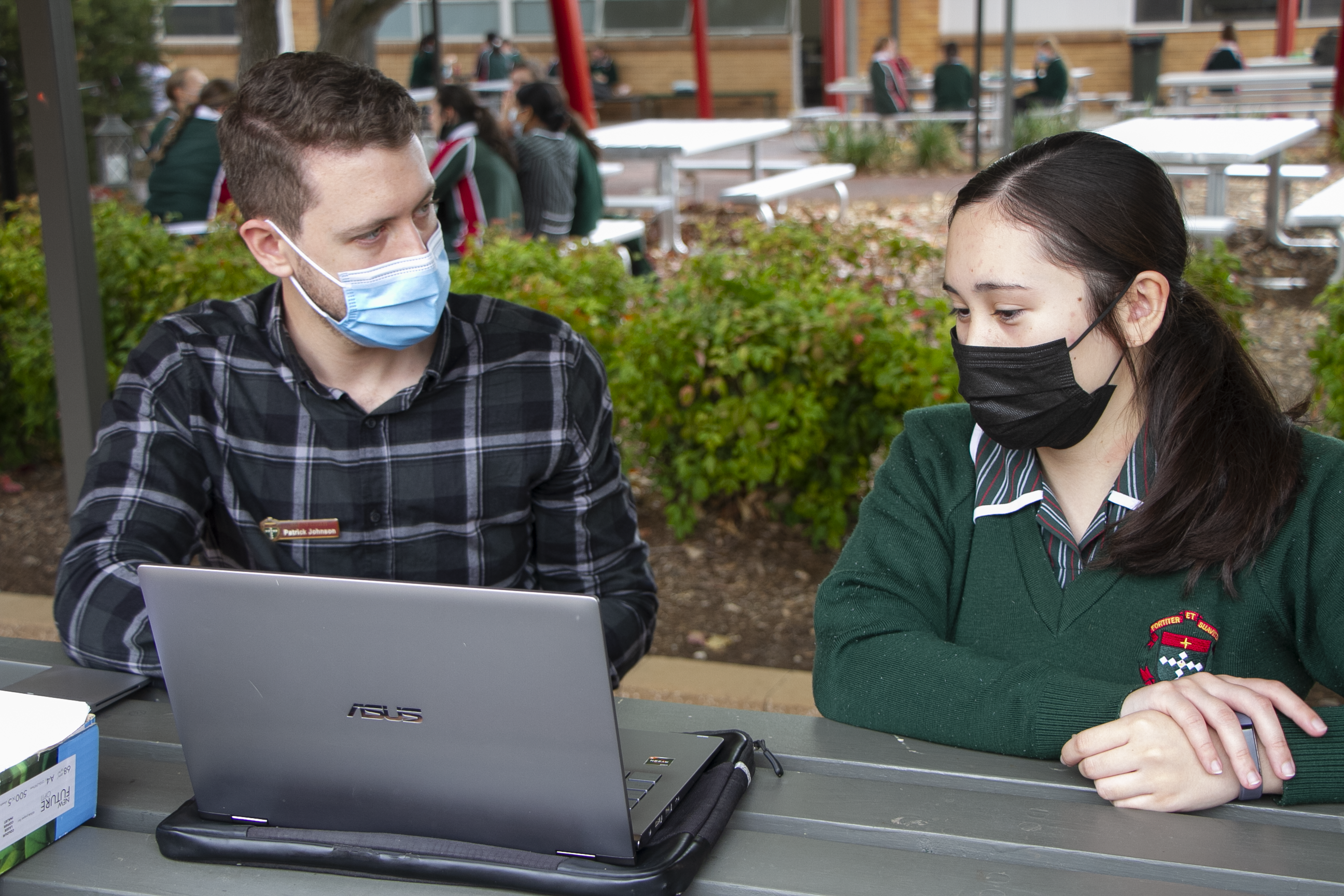



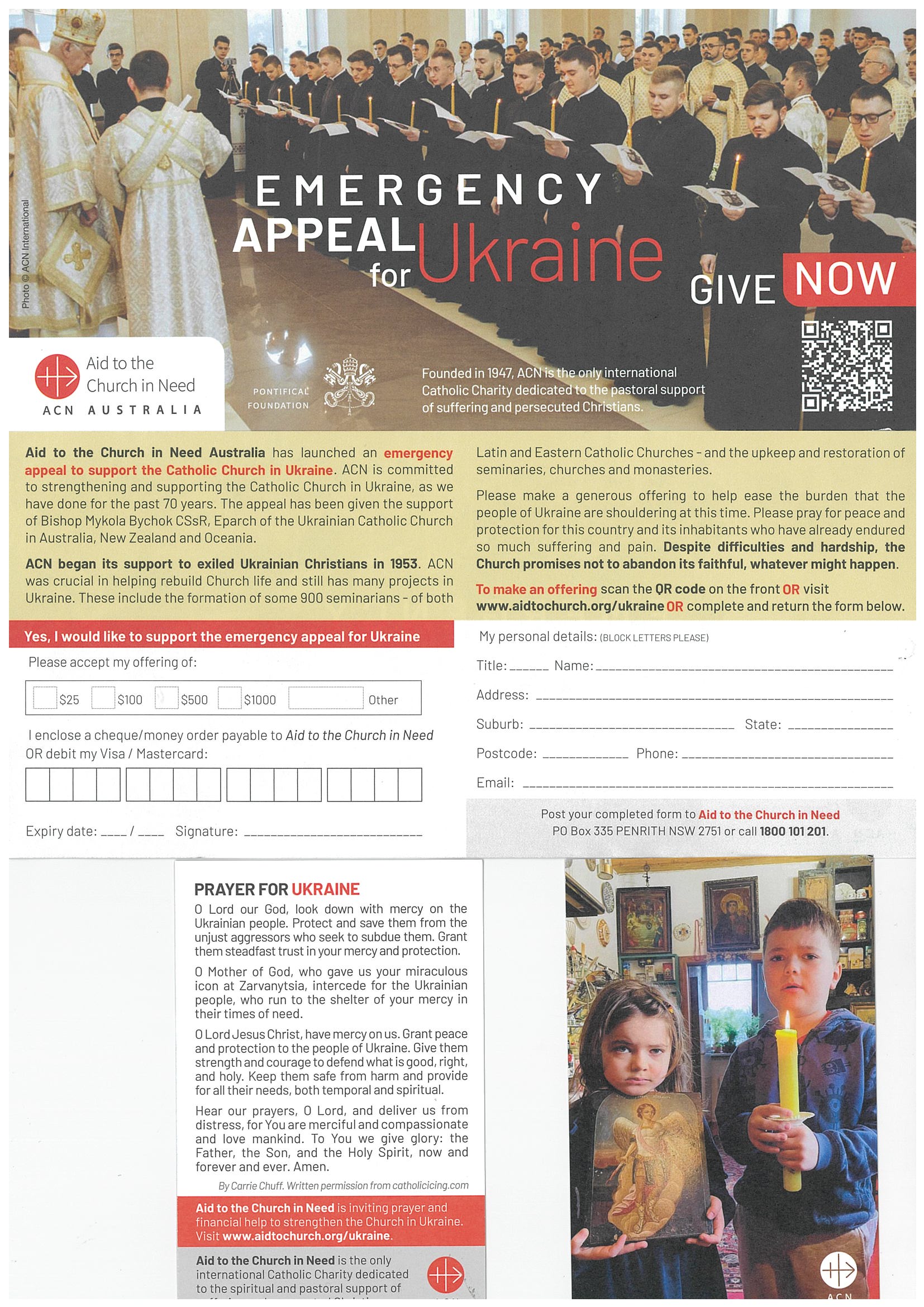
Social